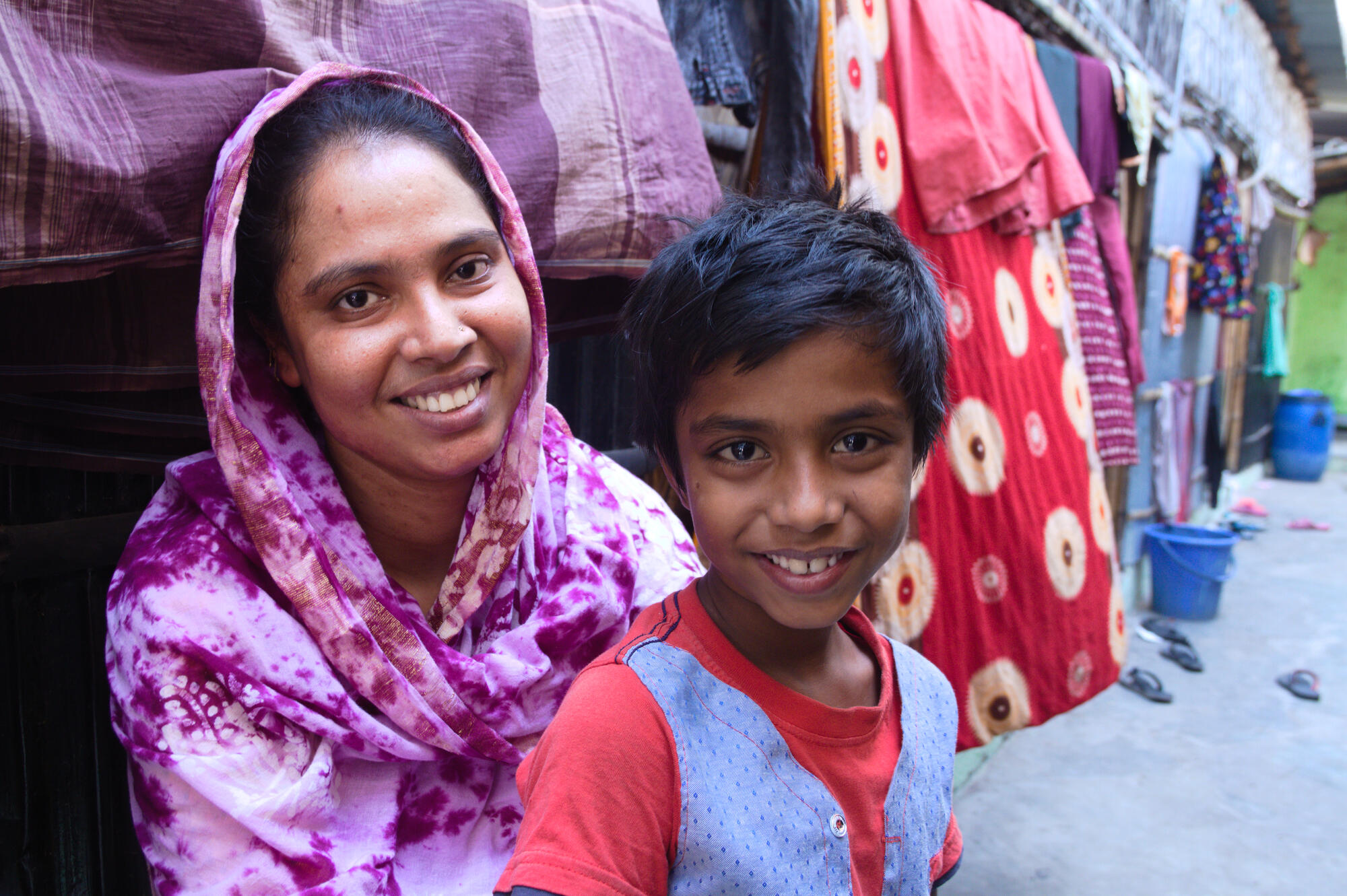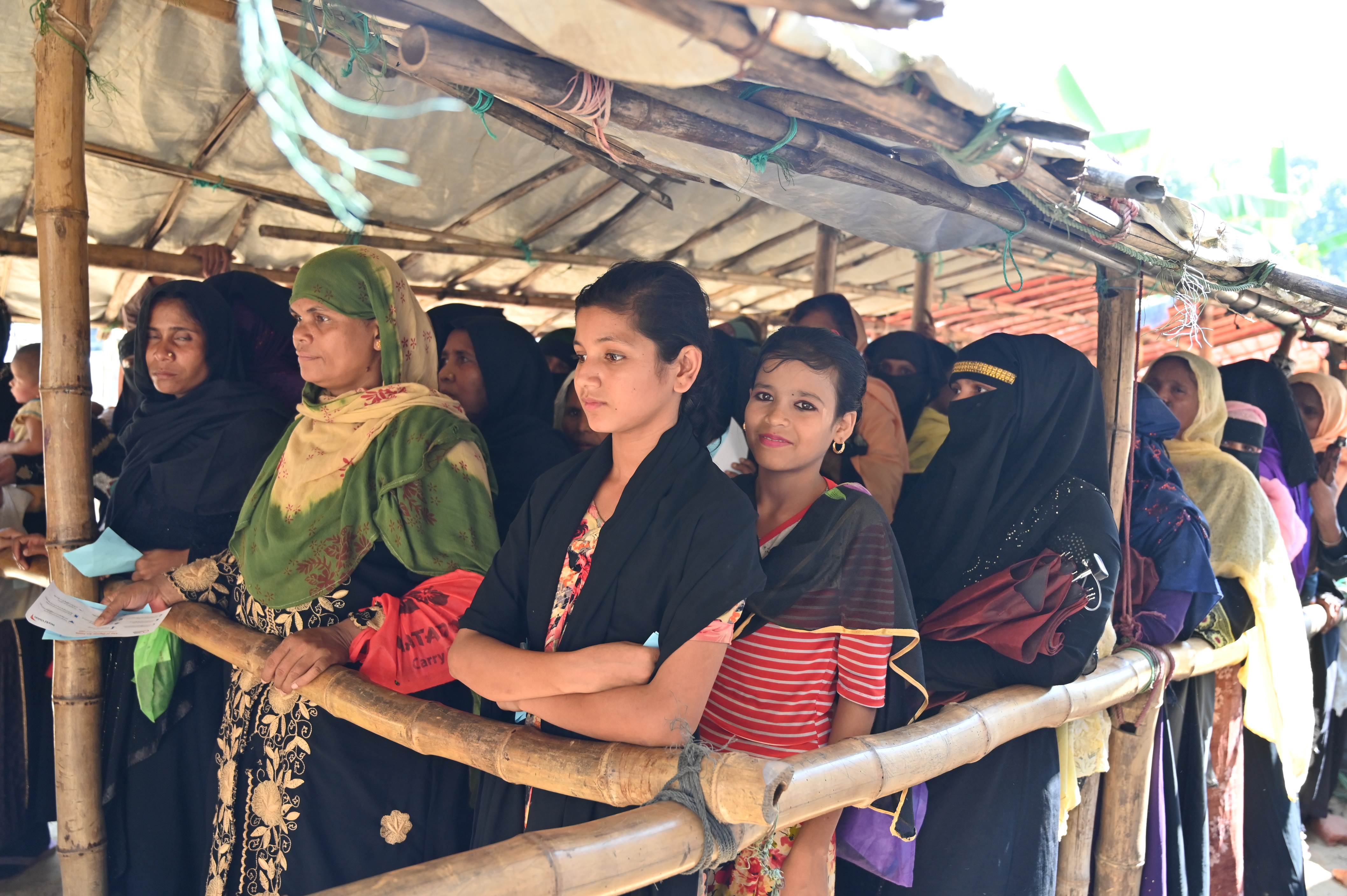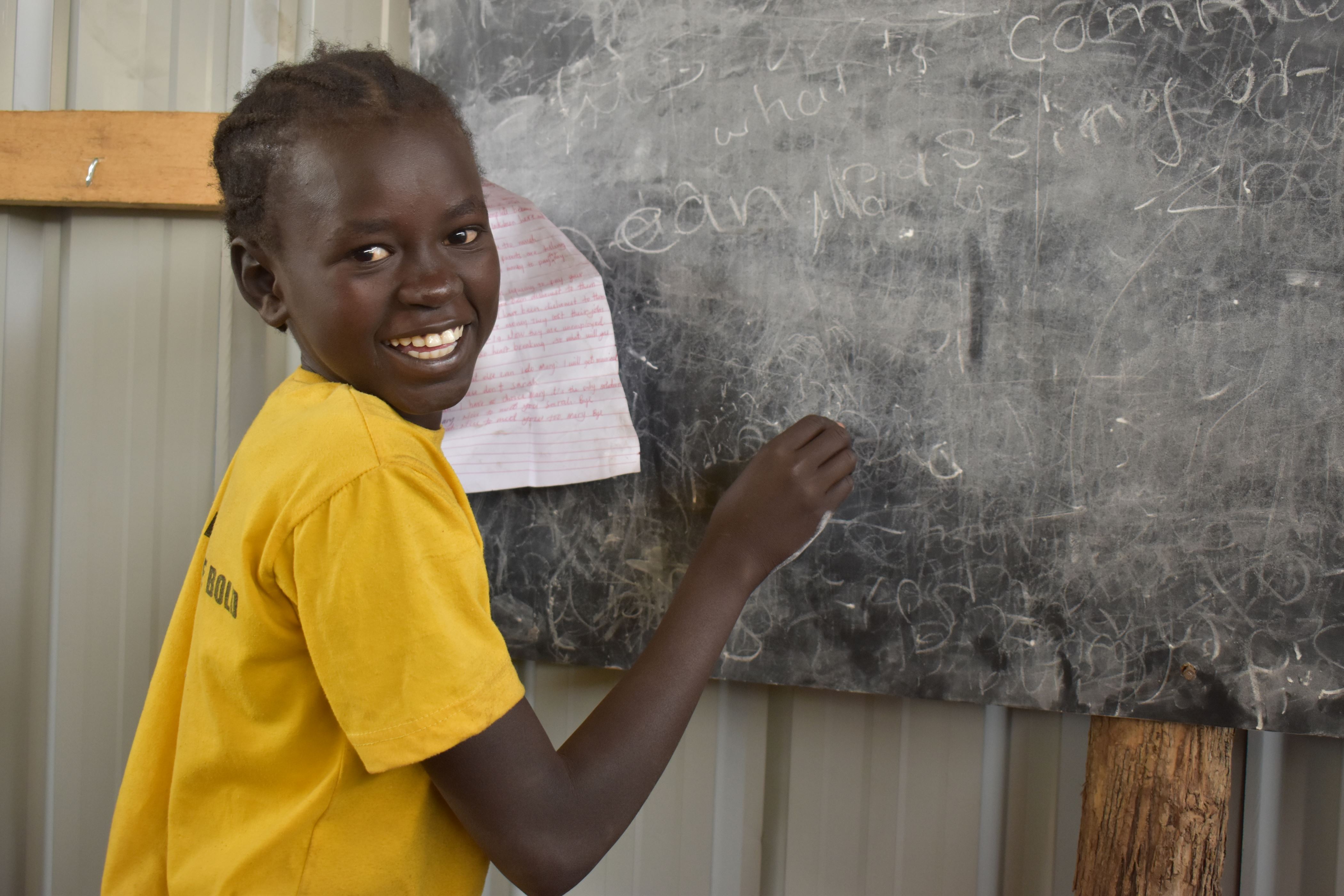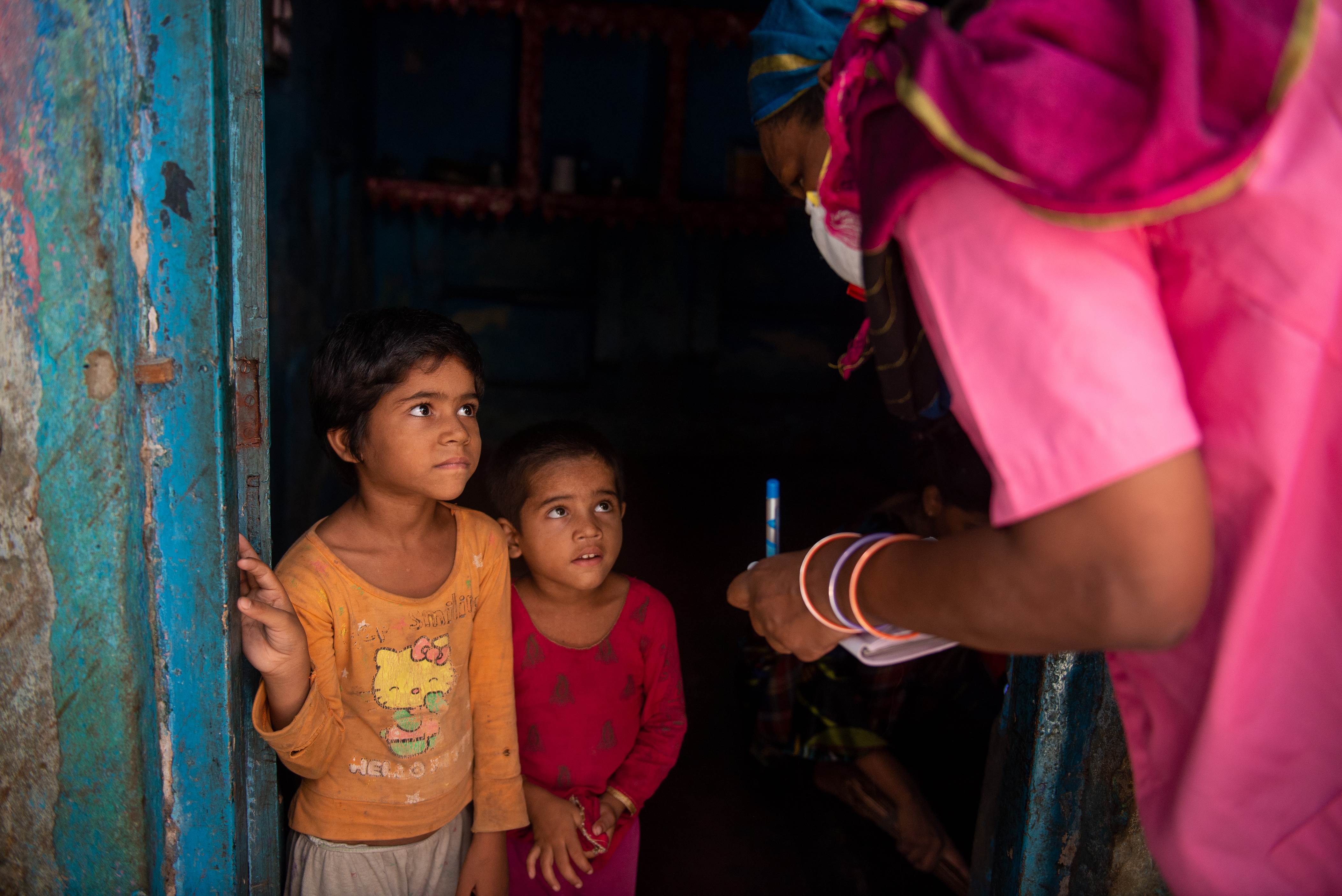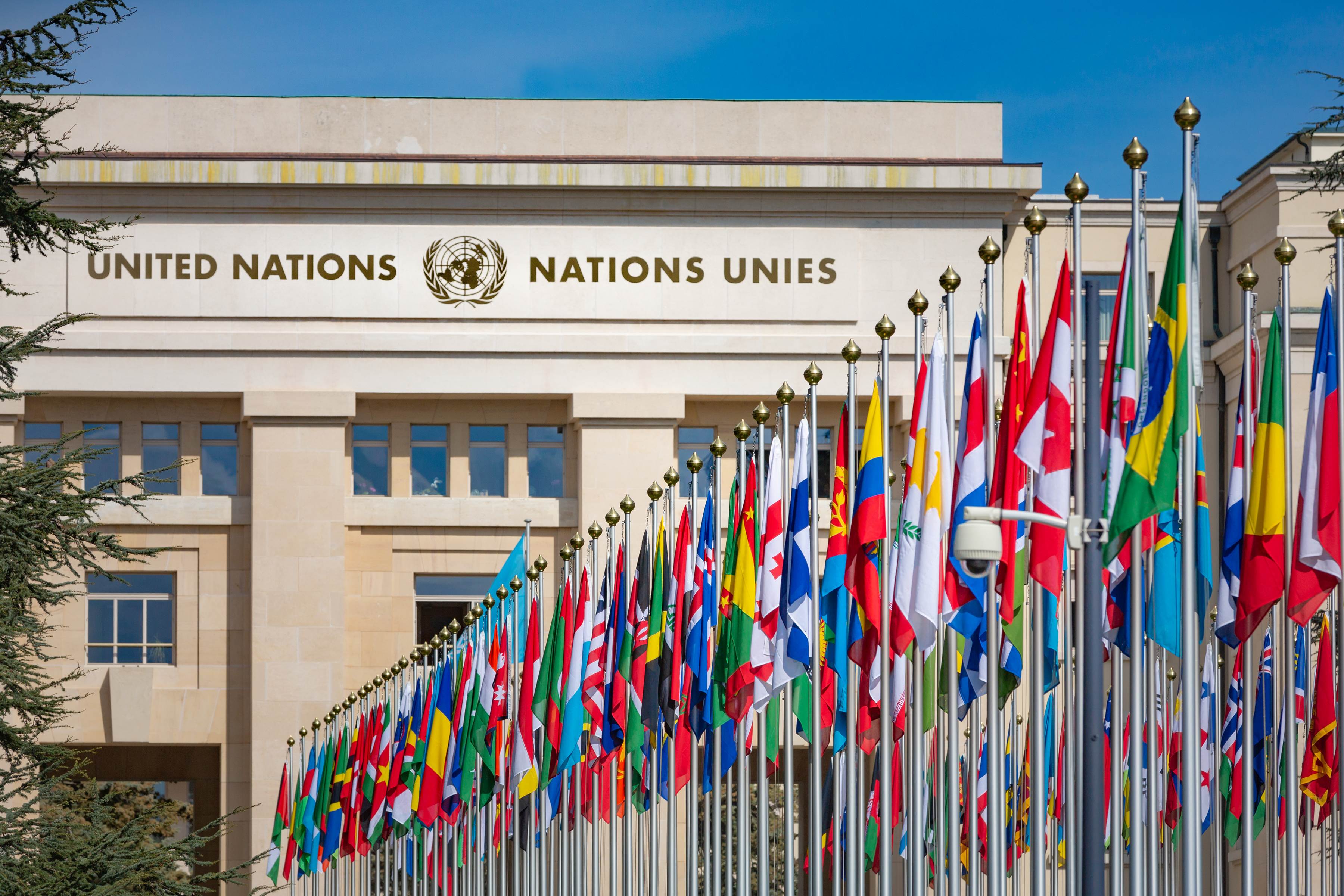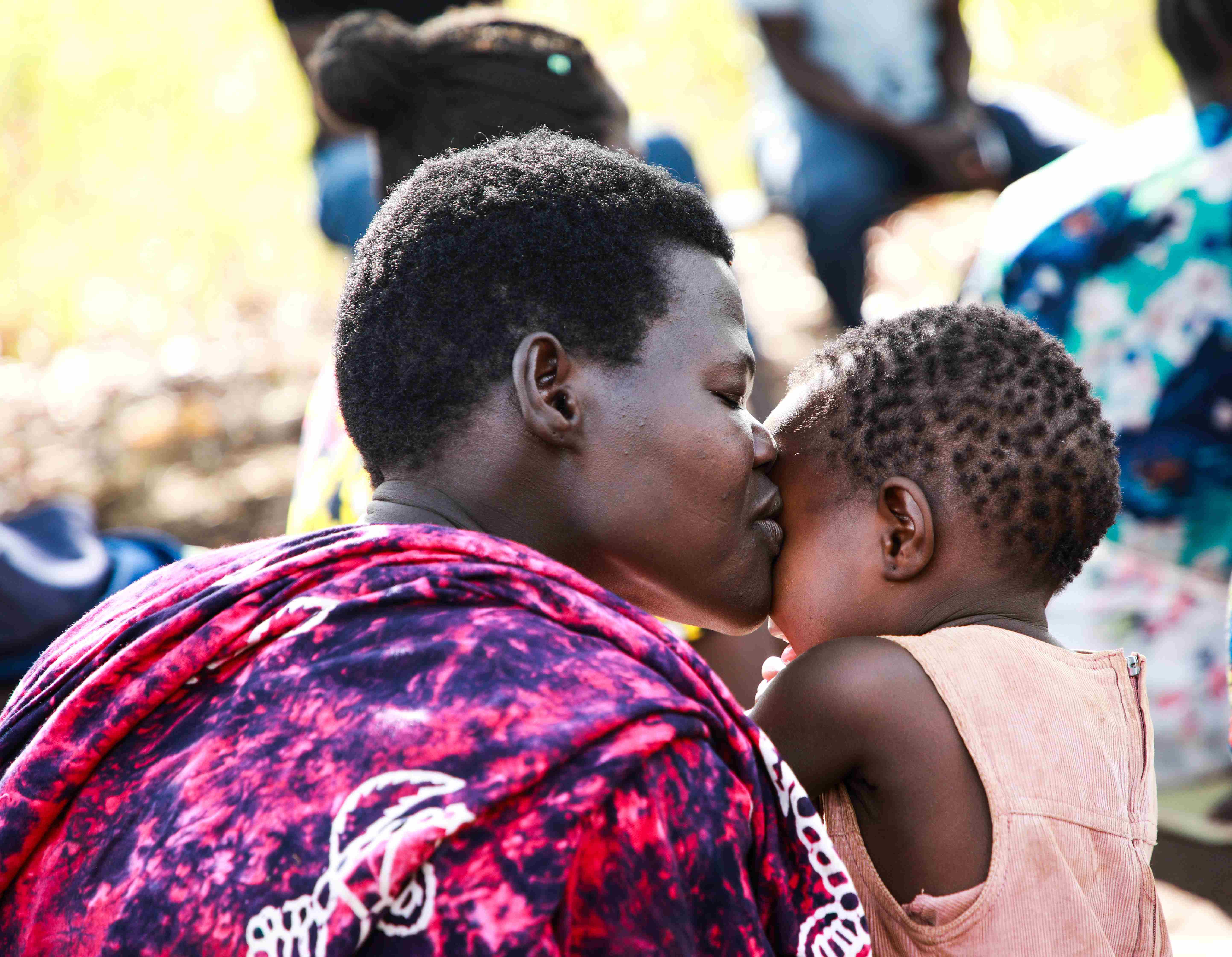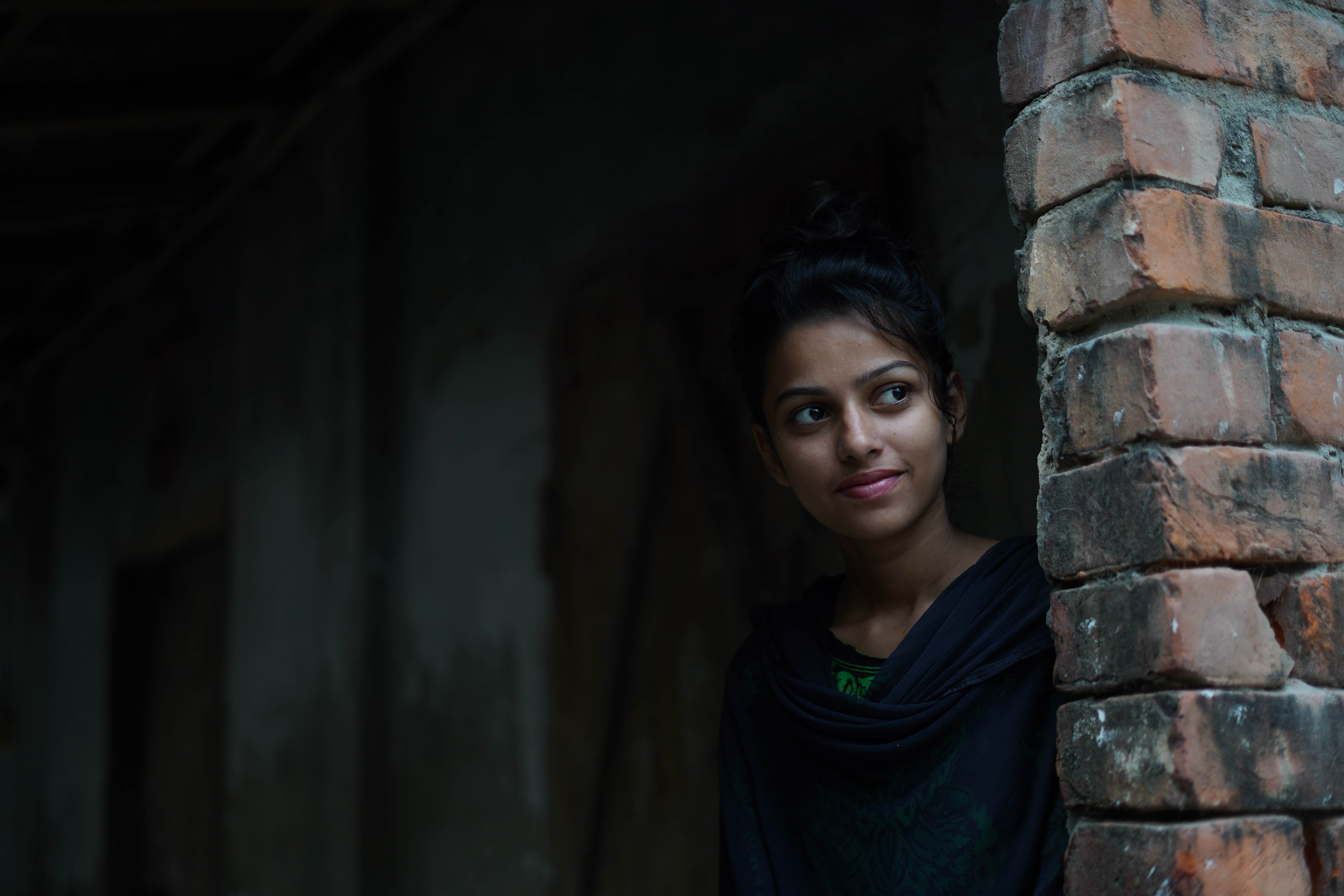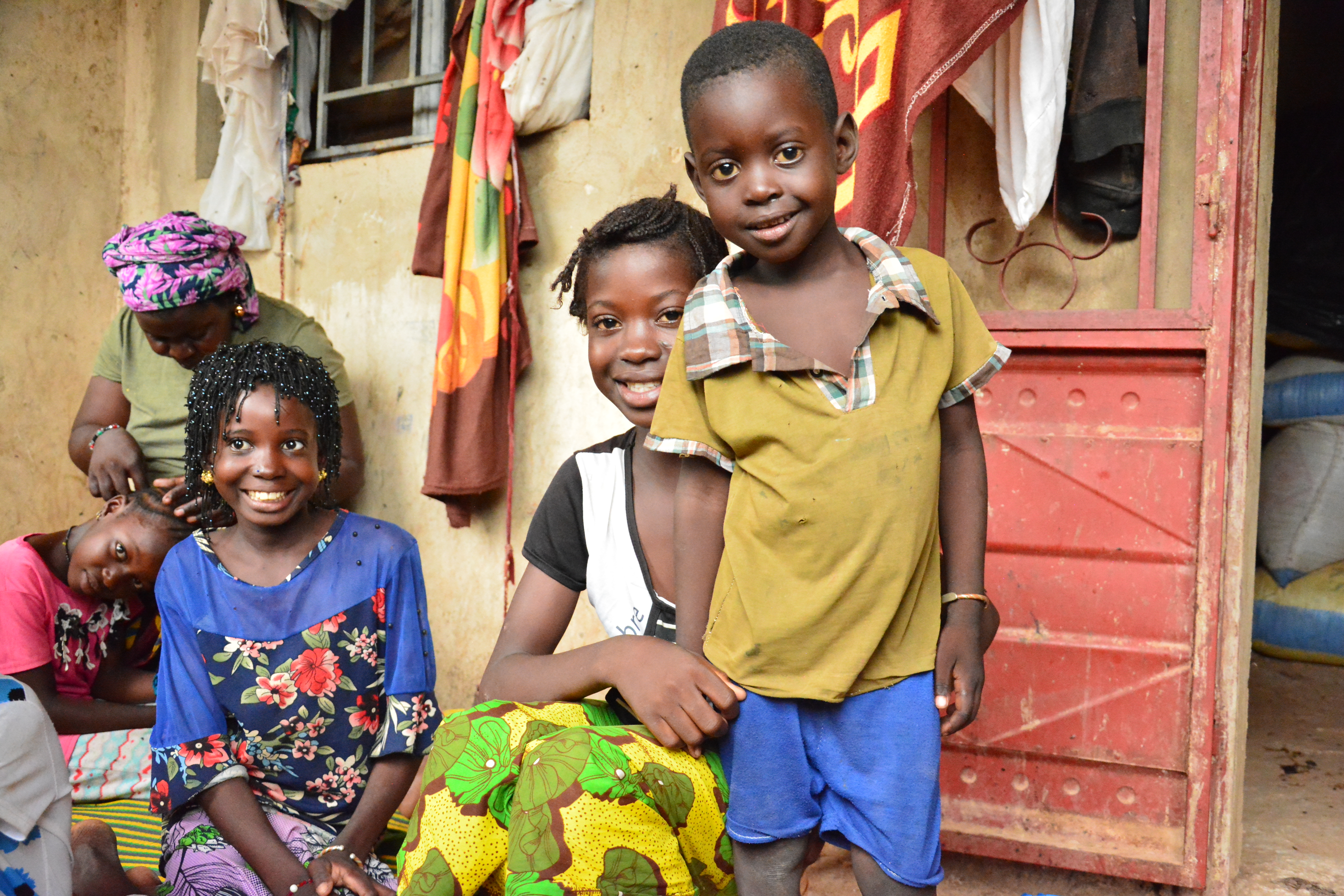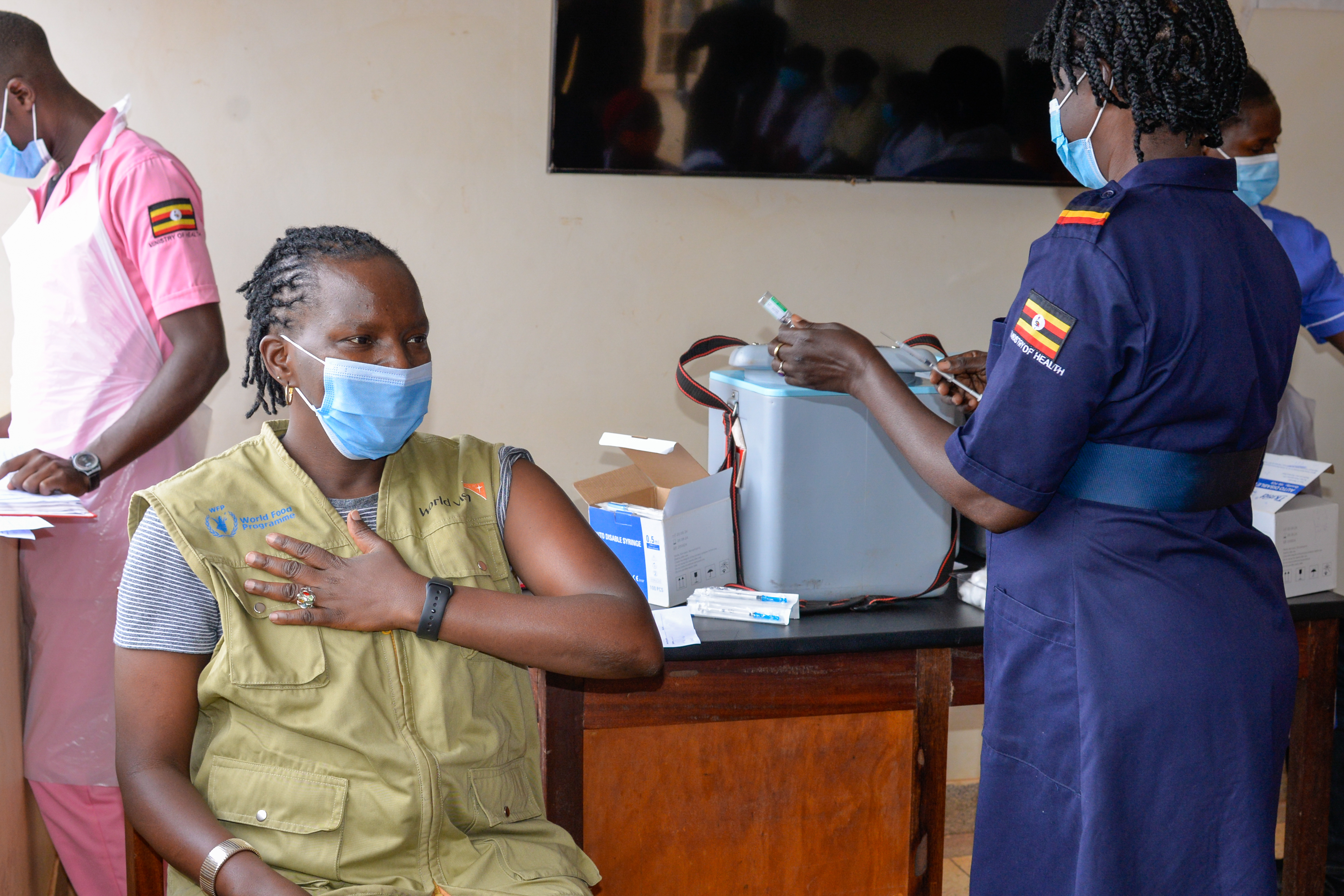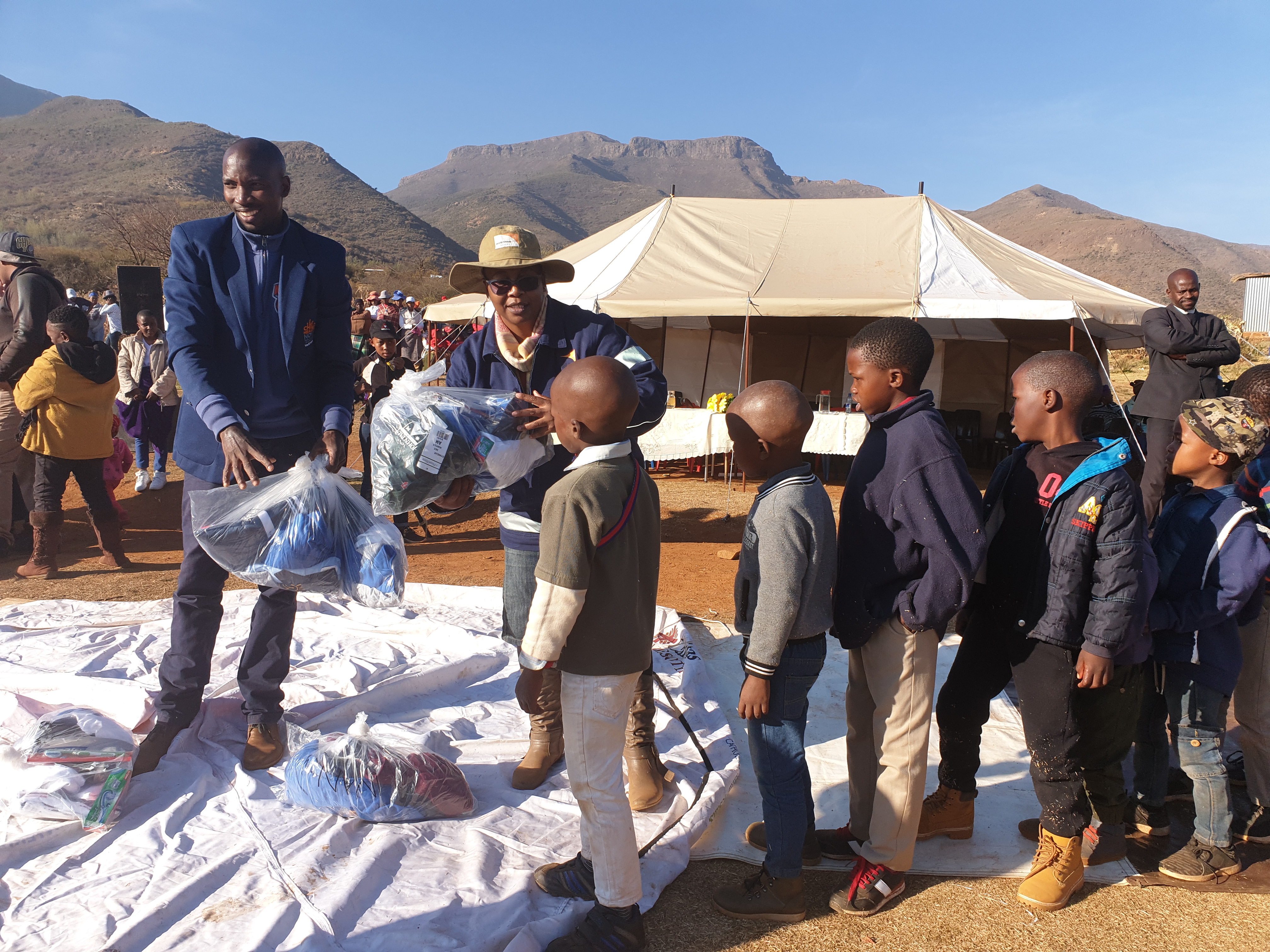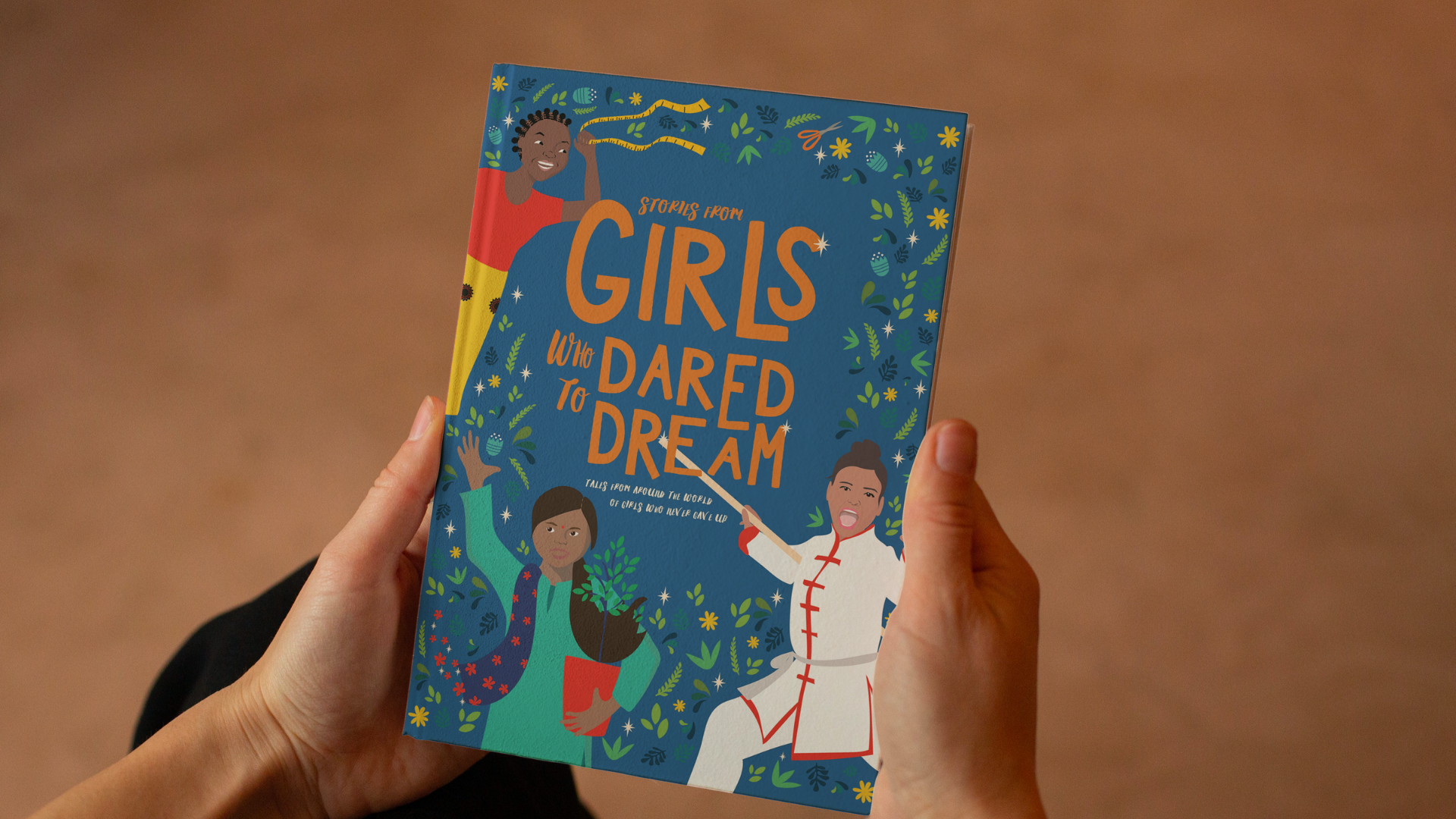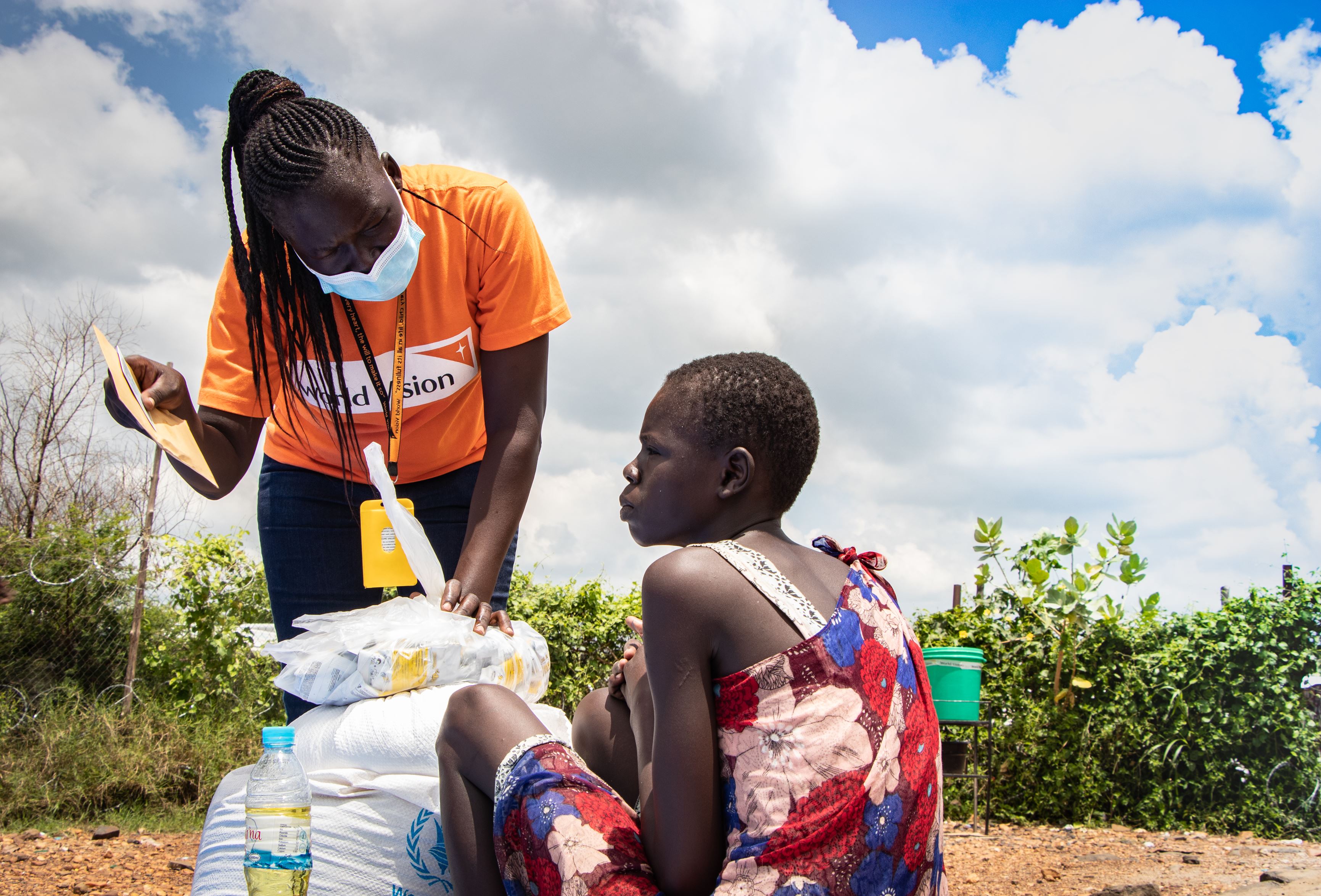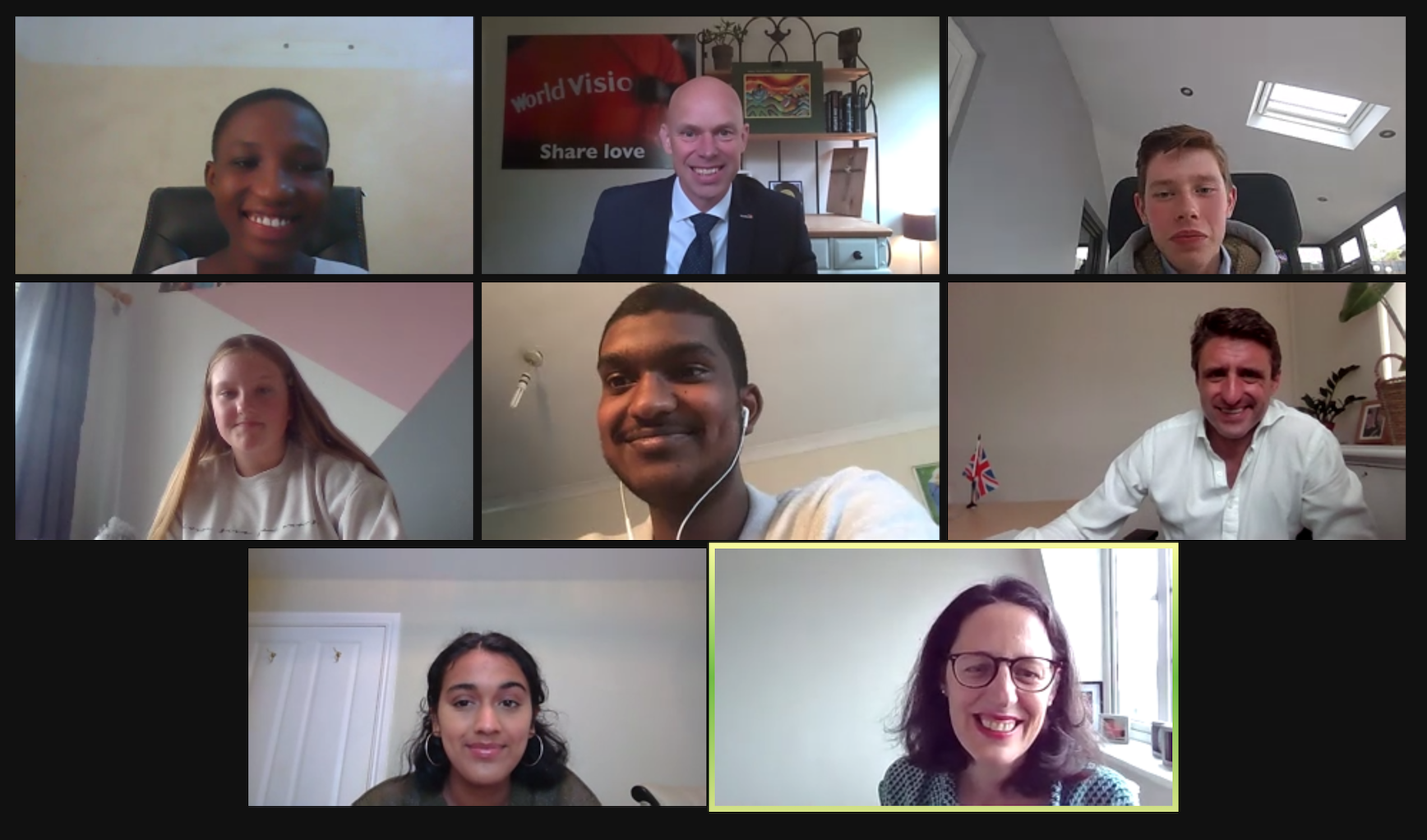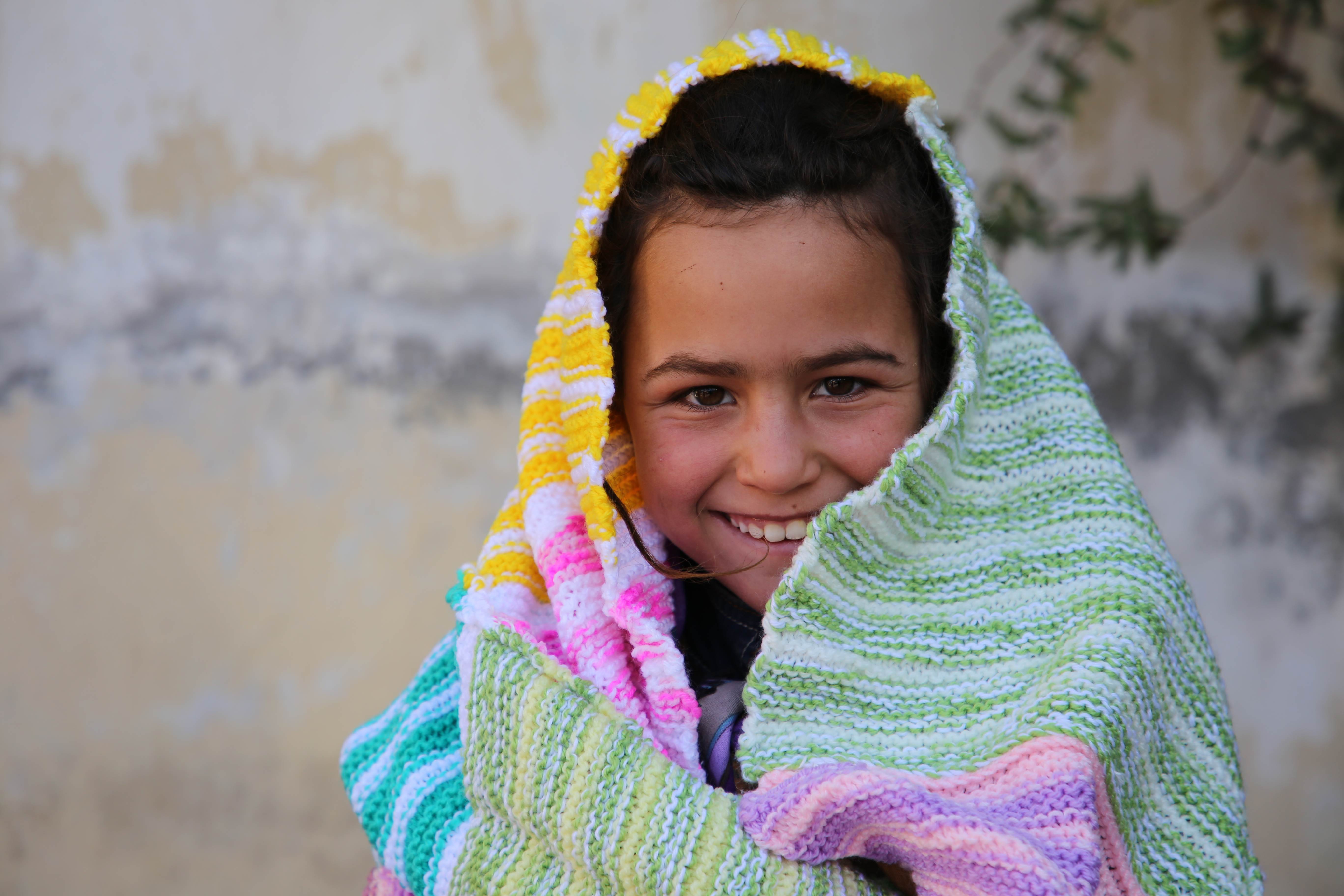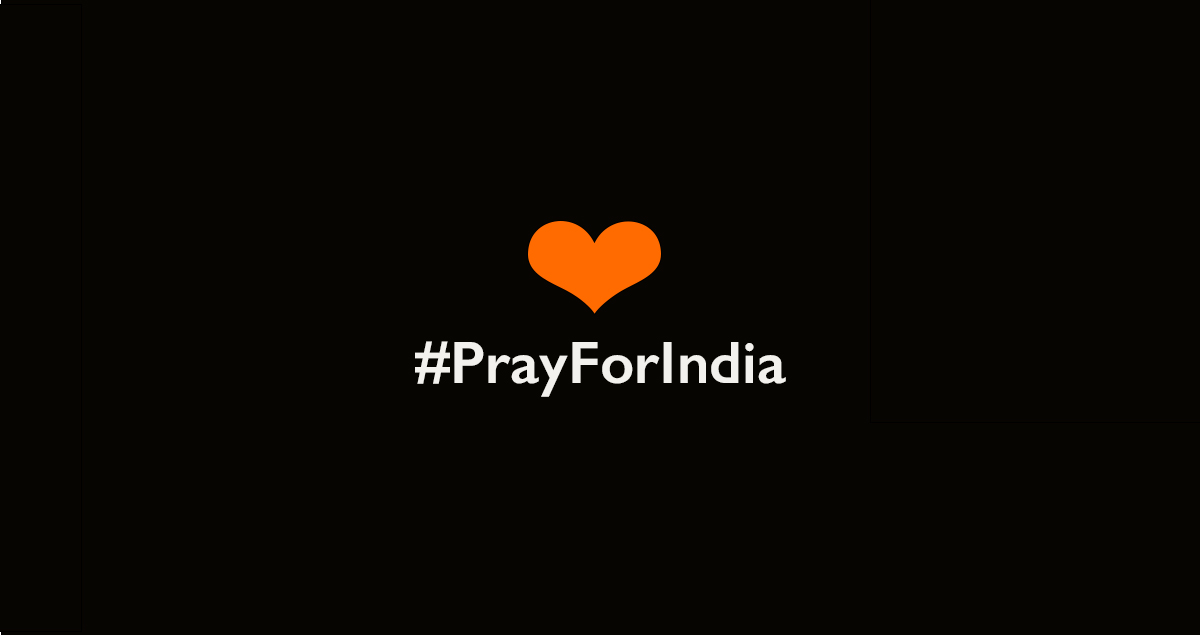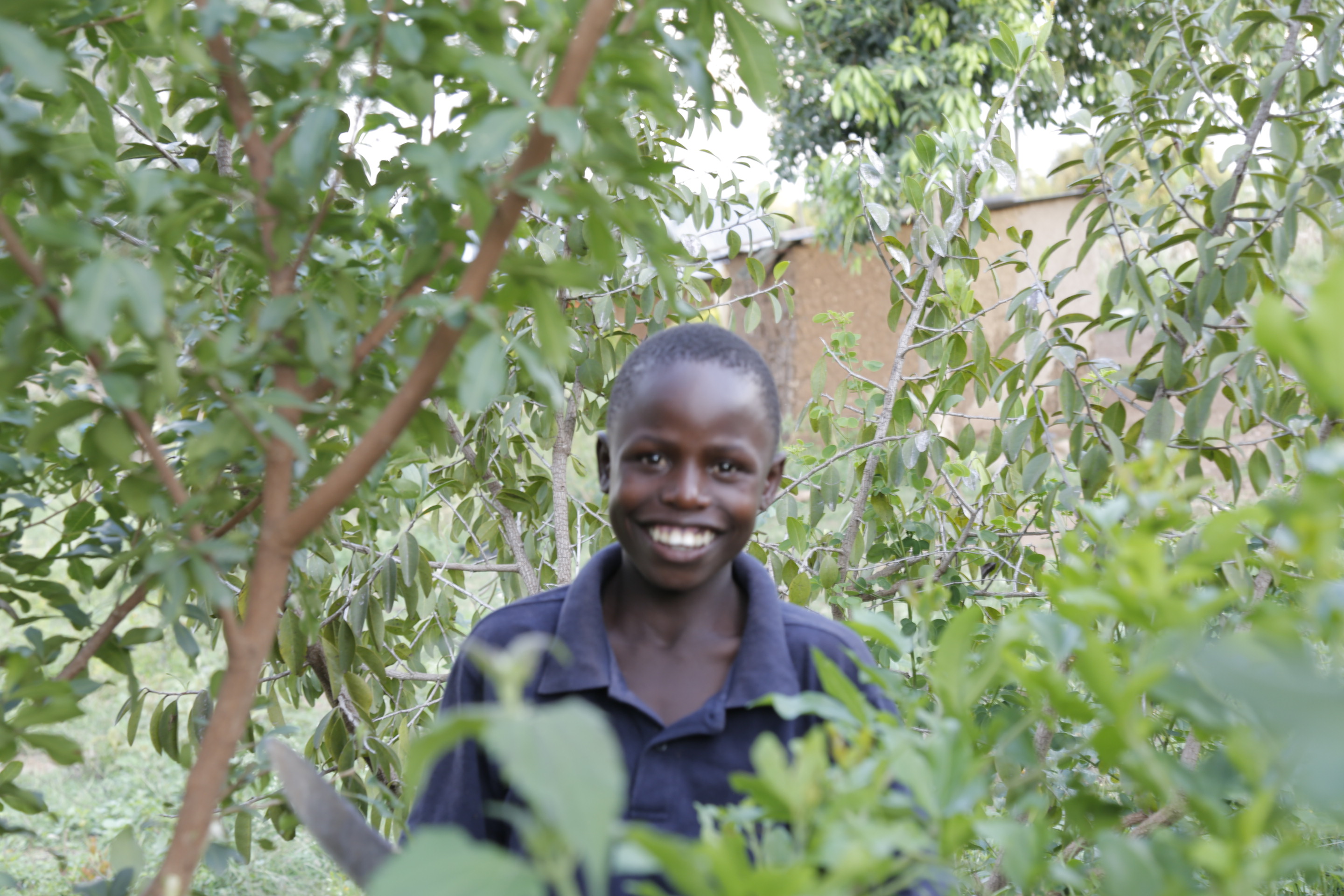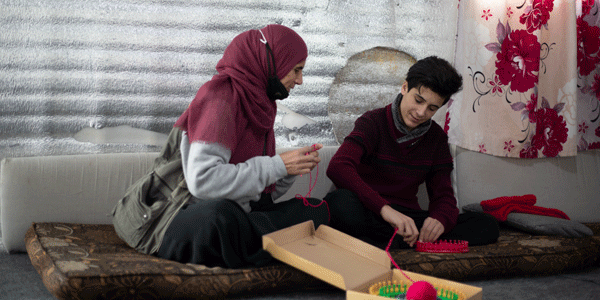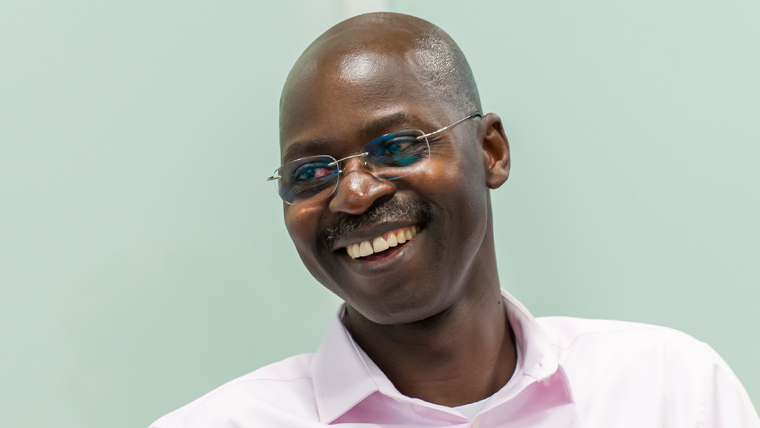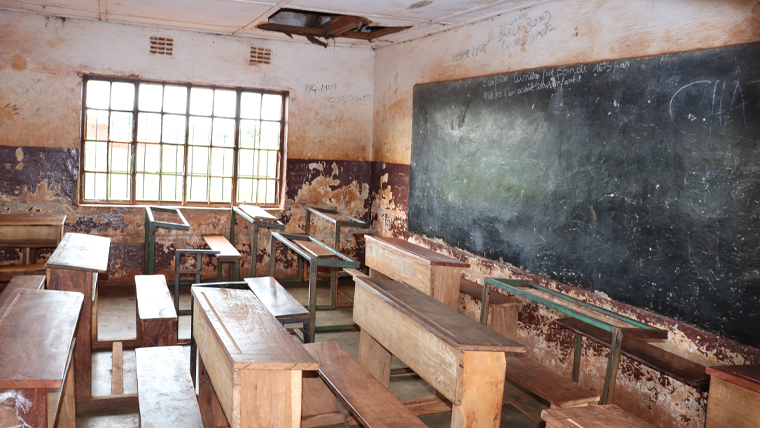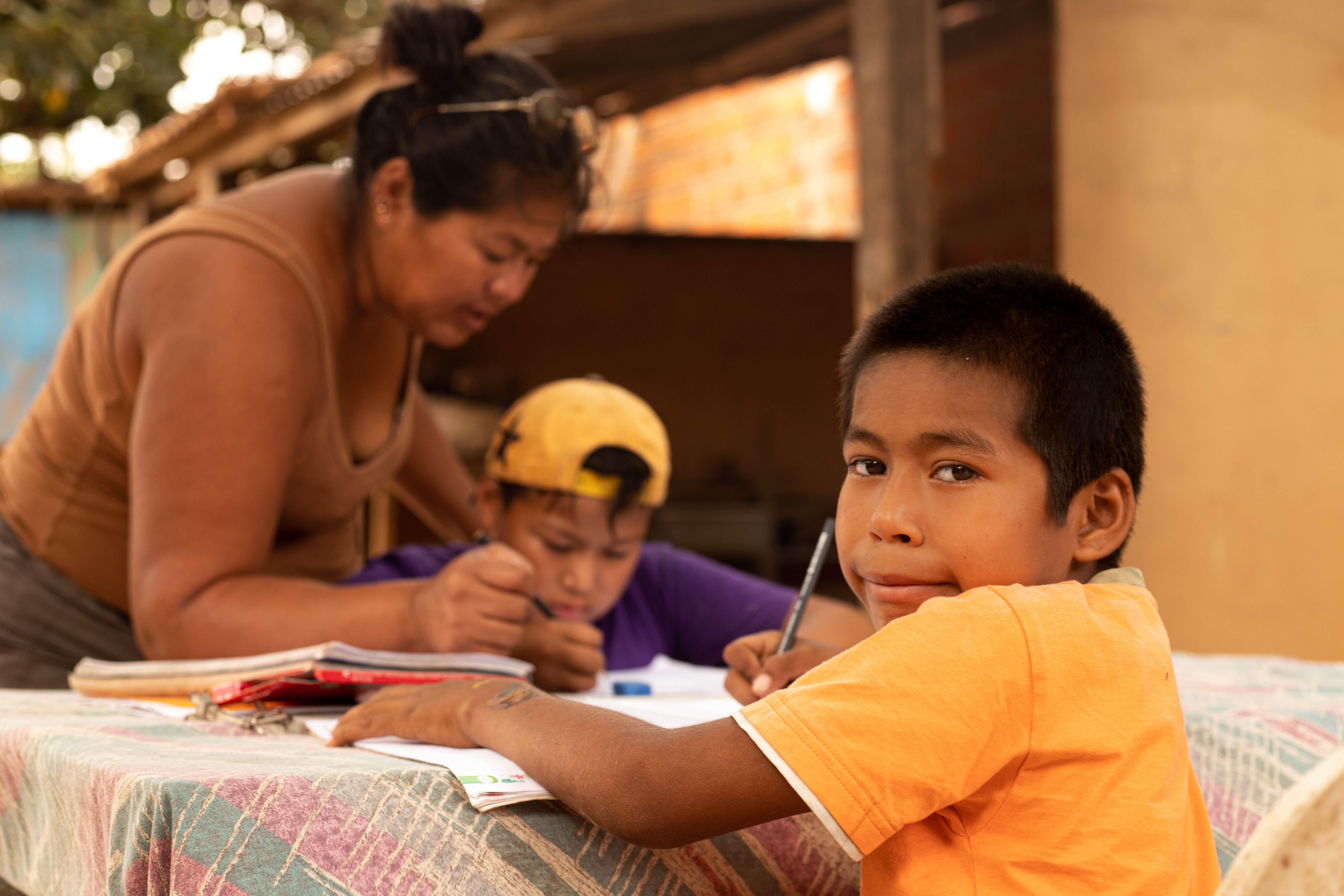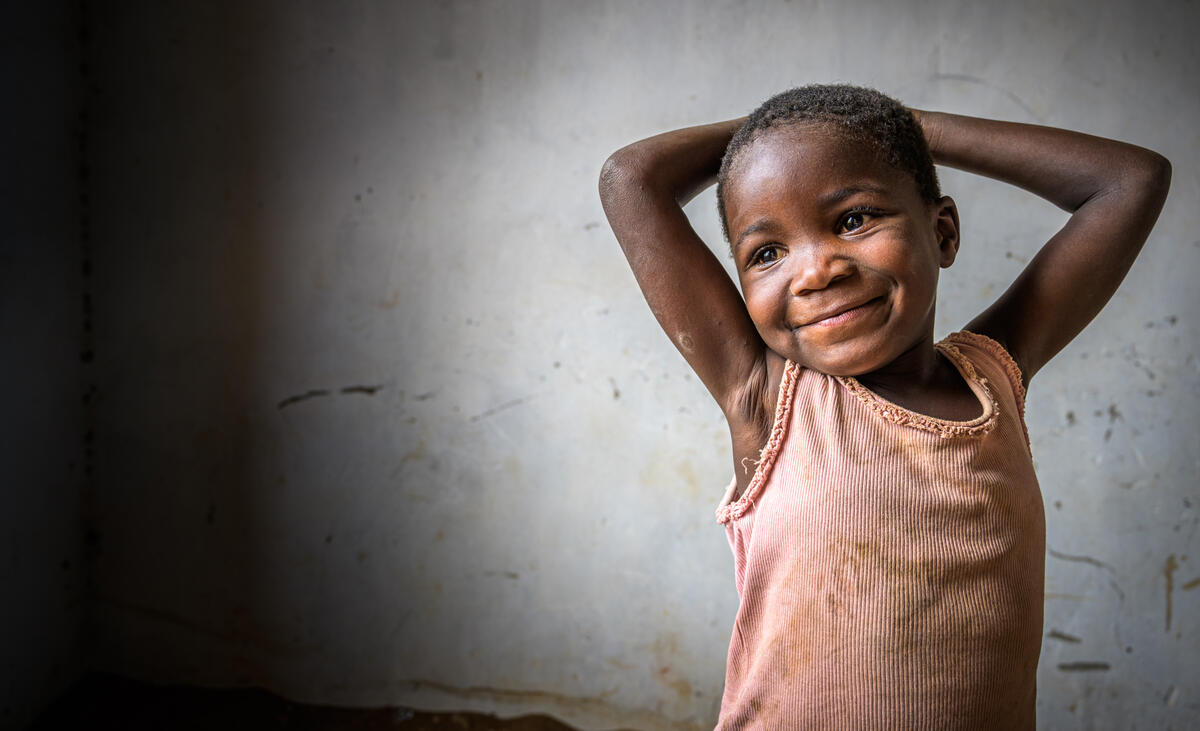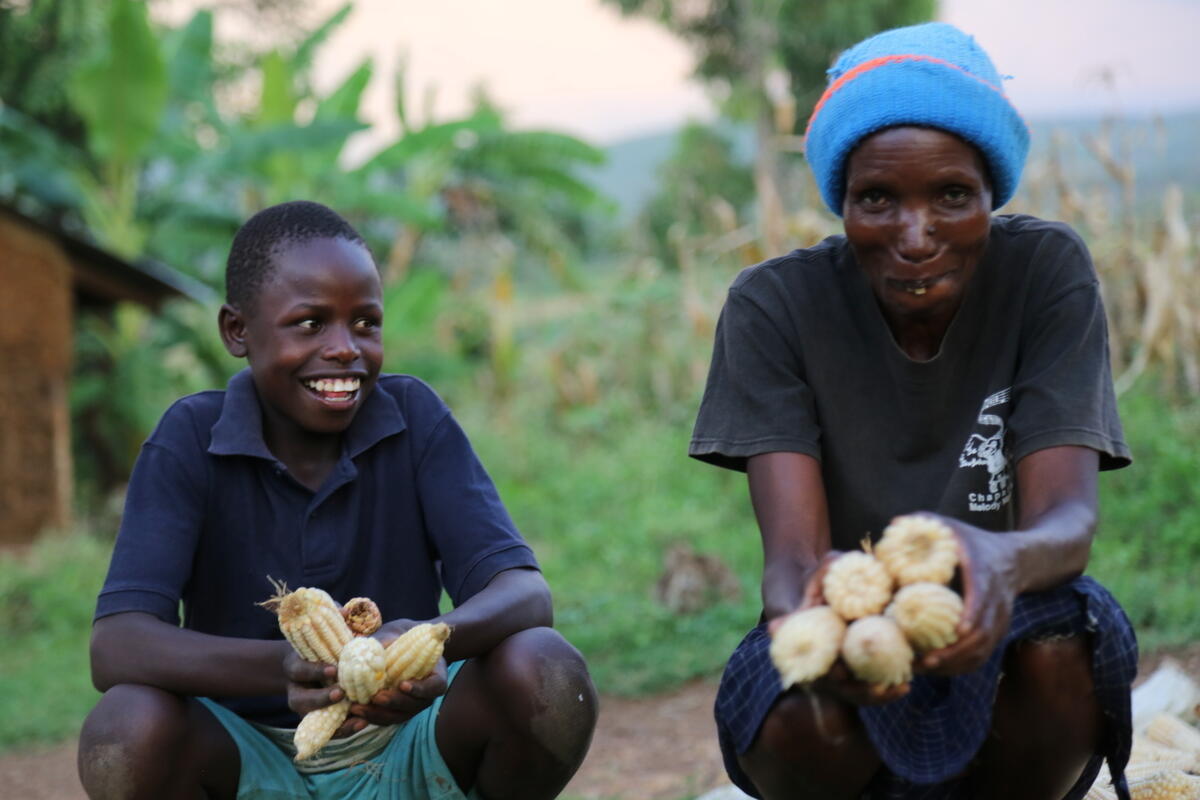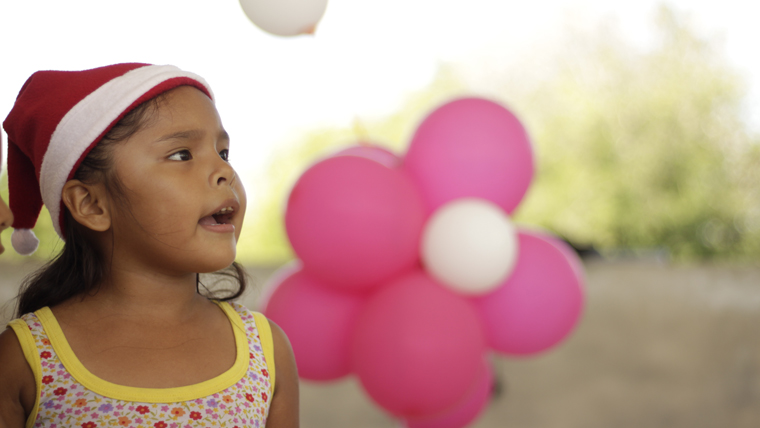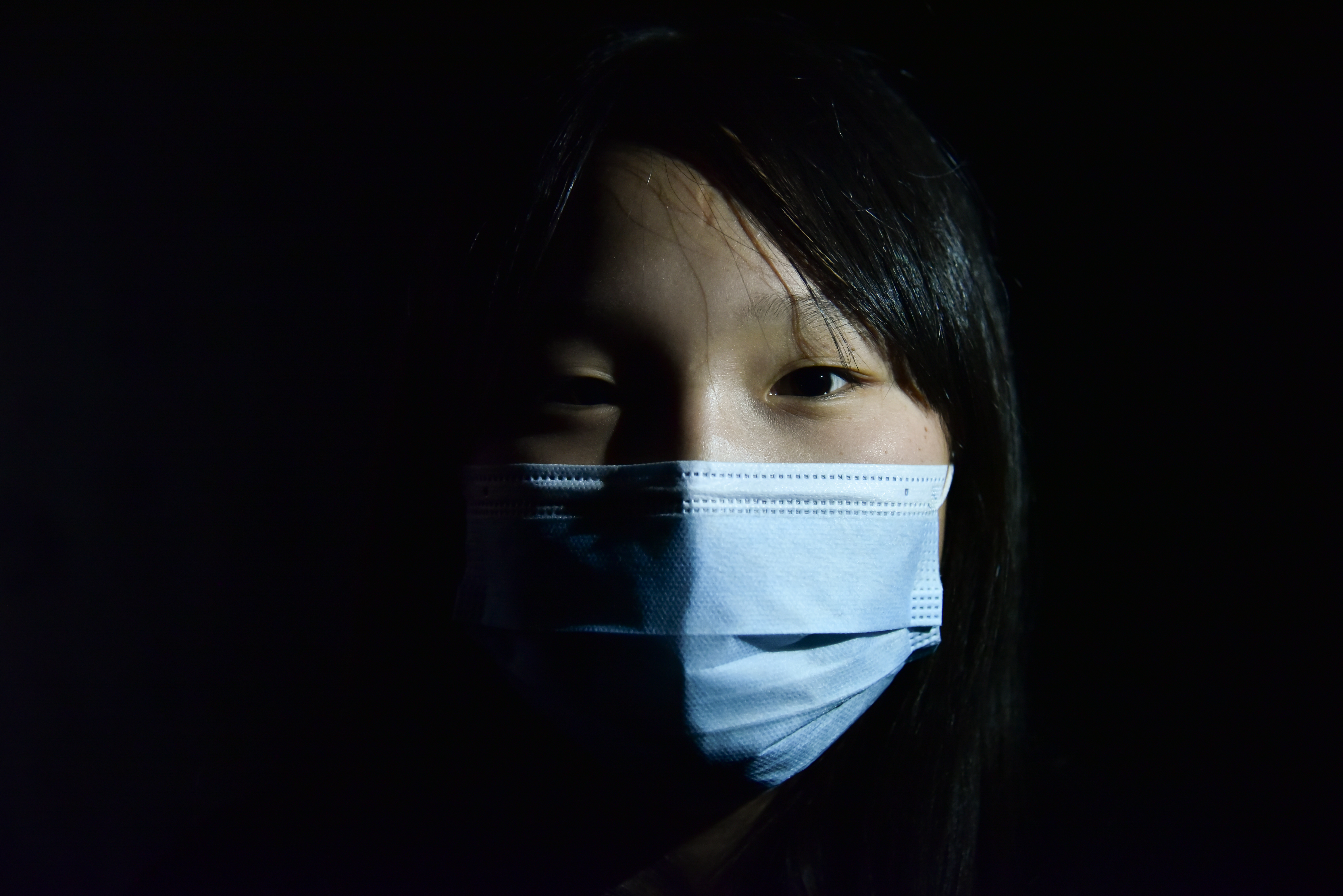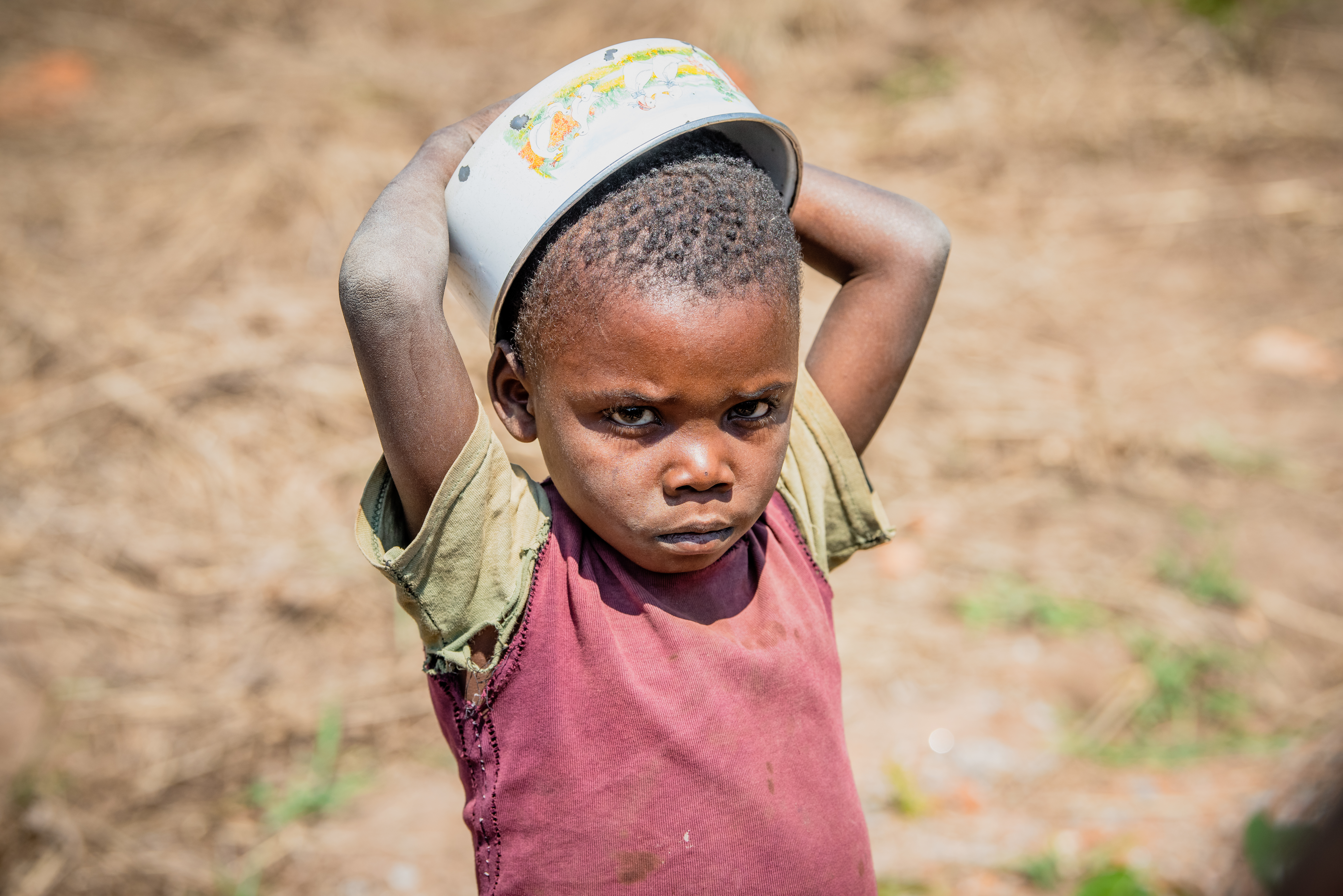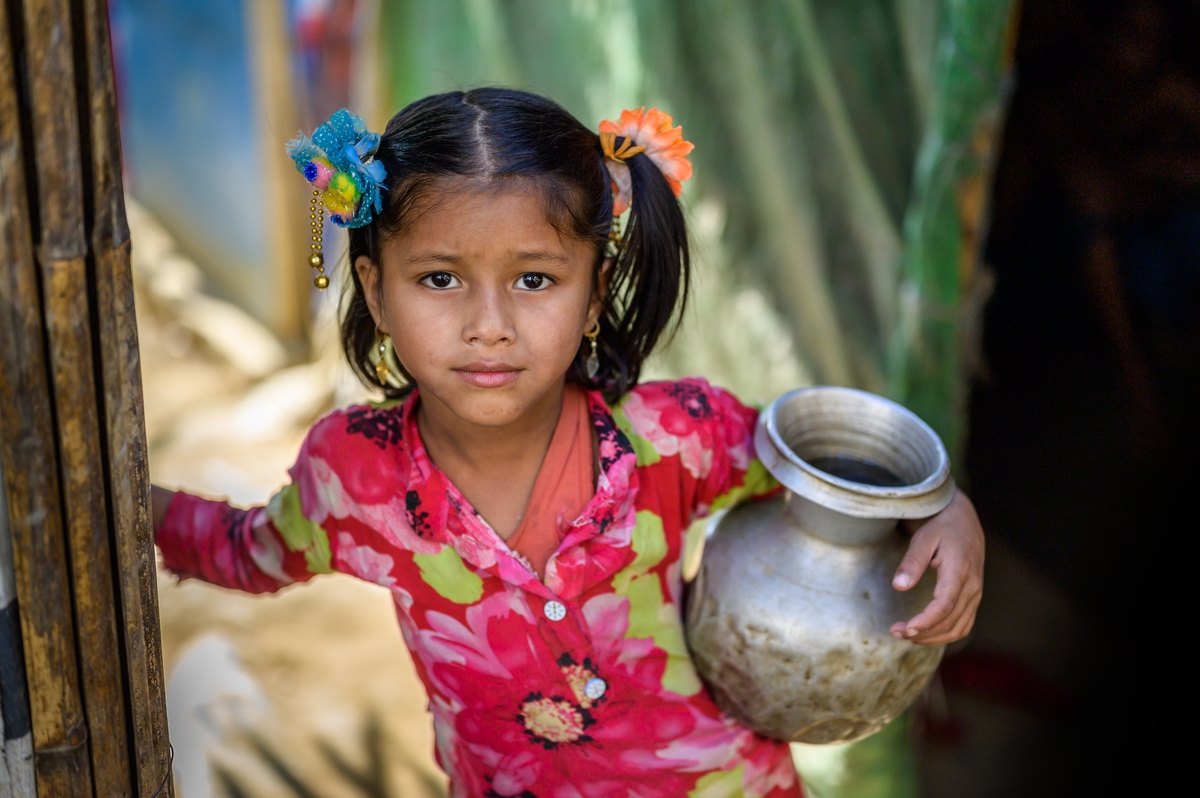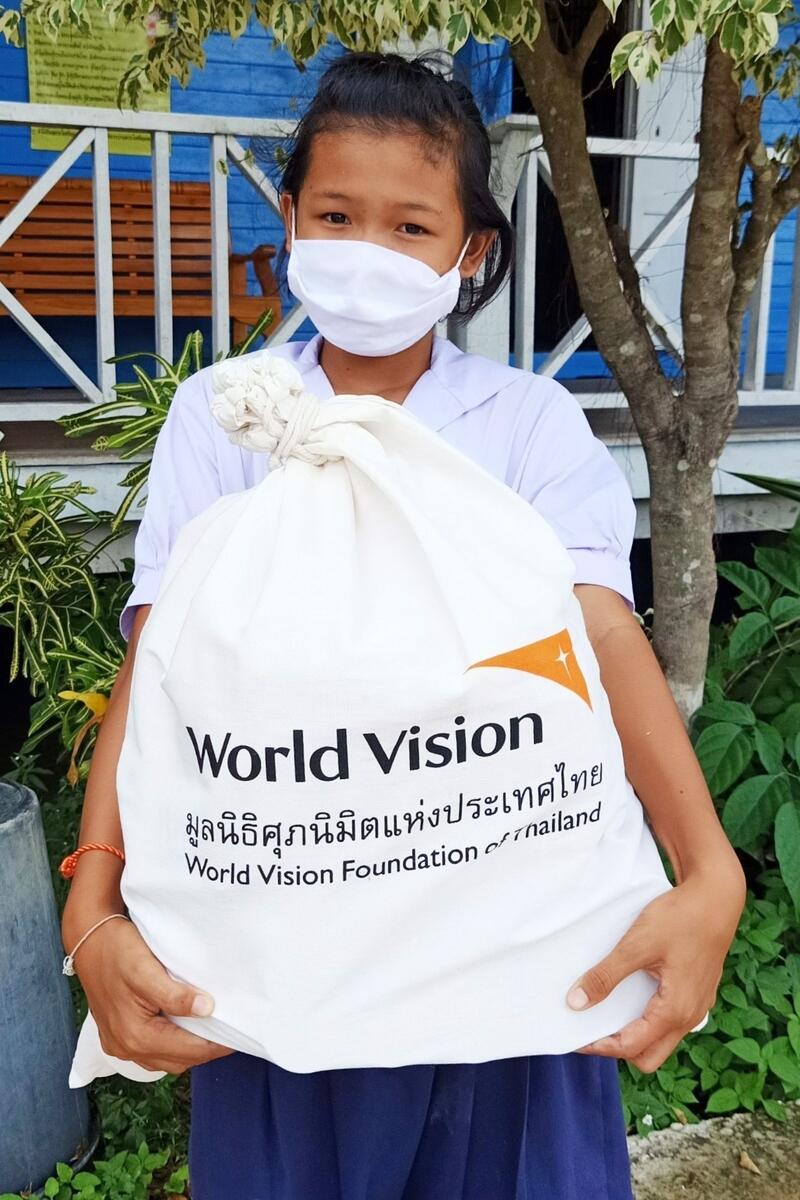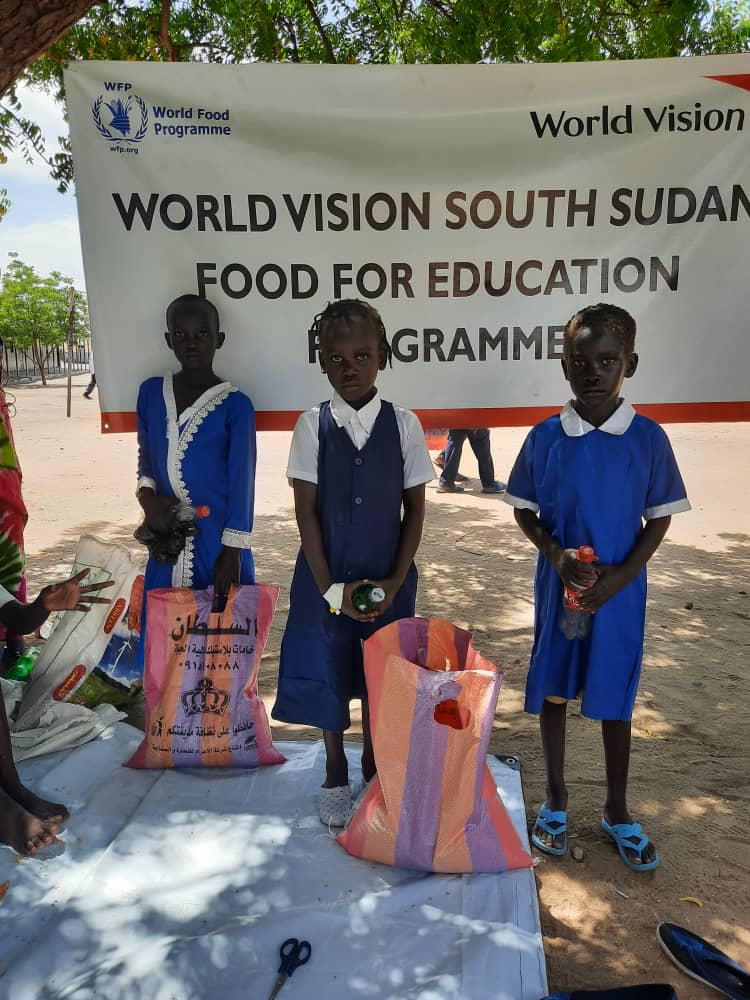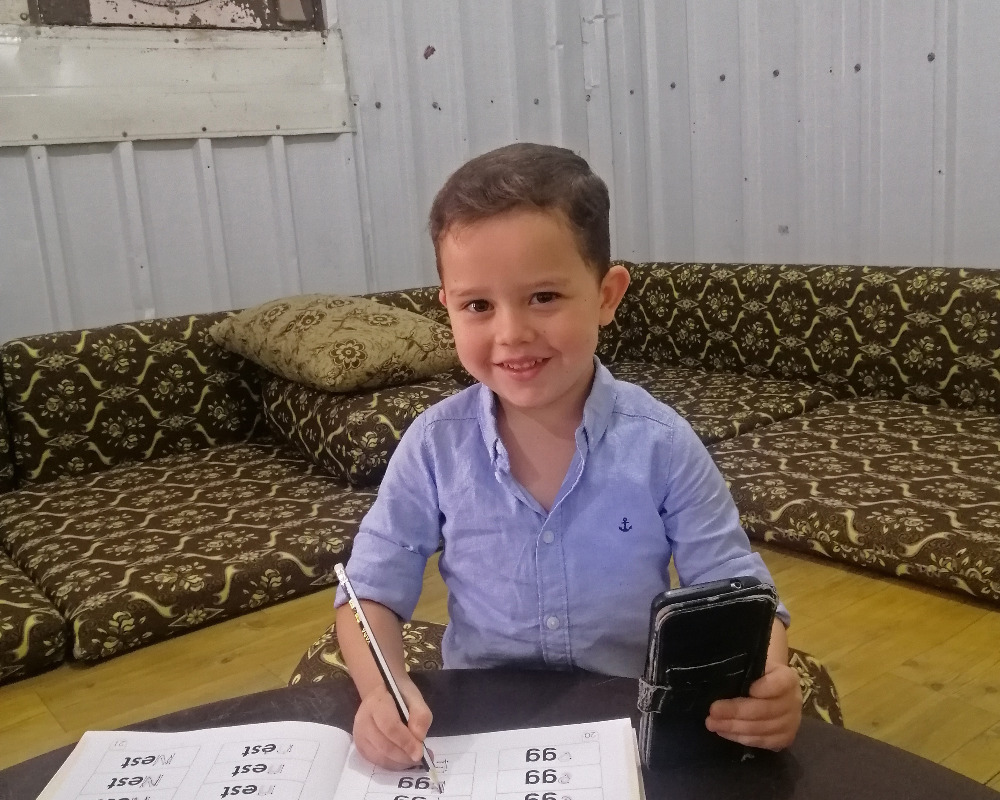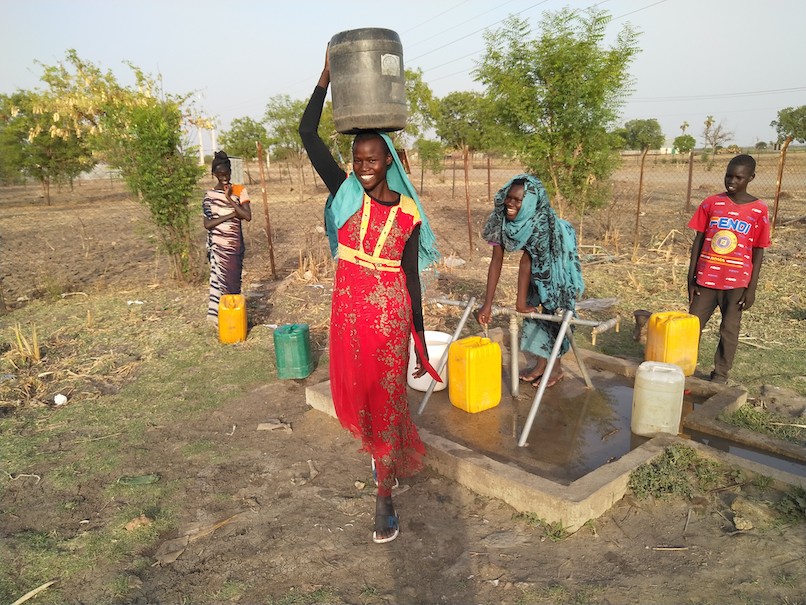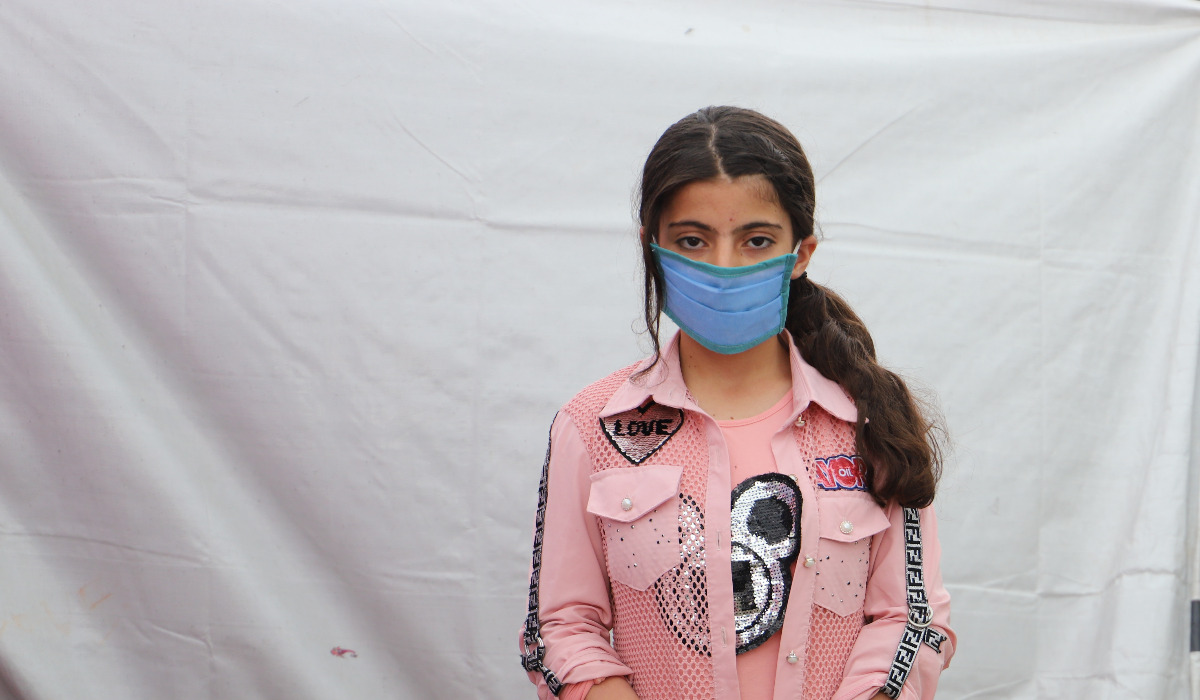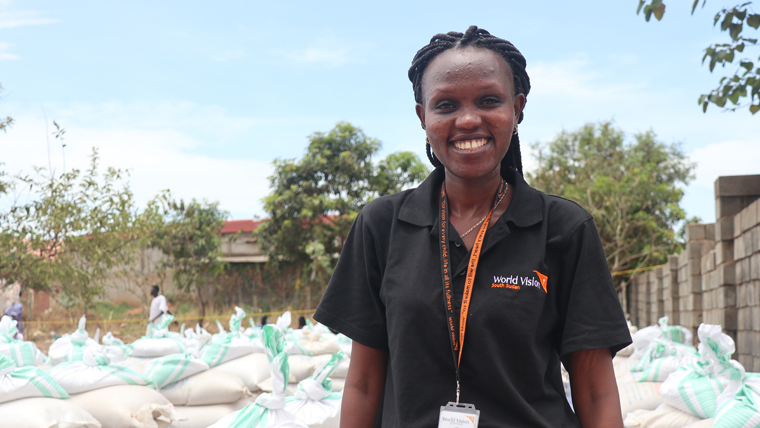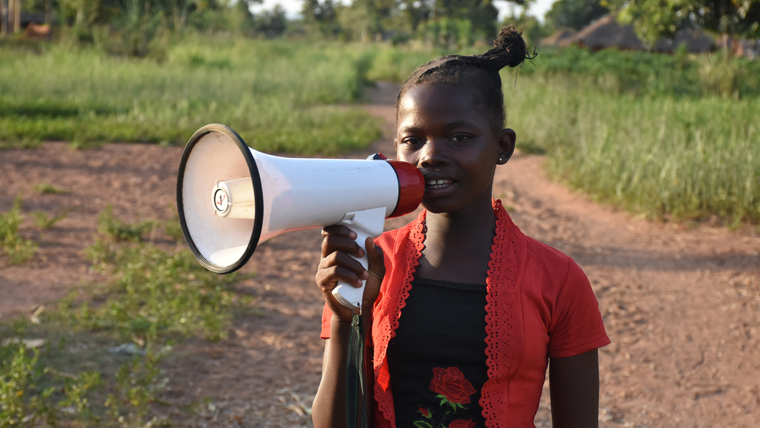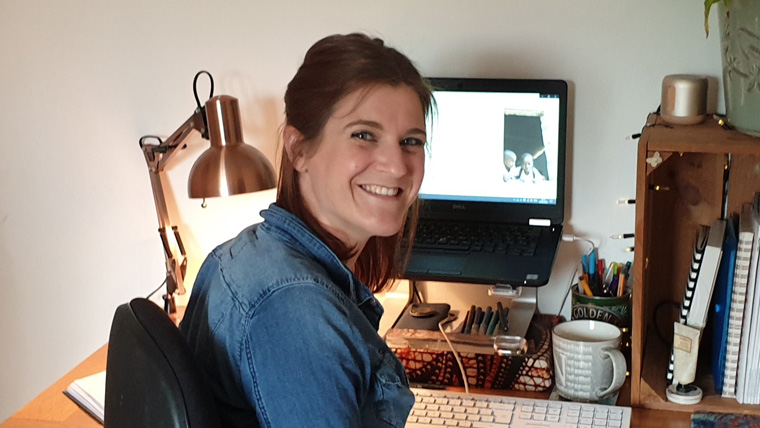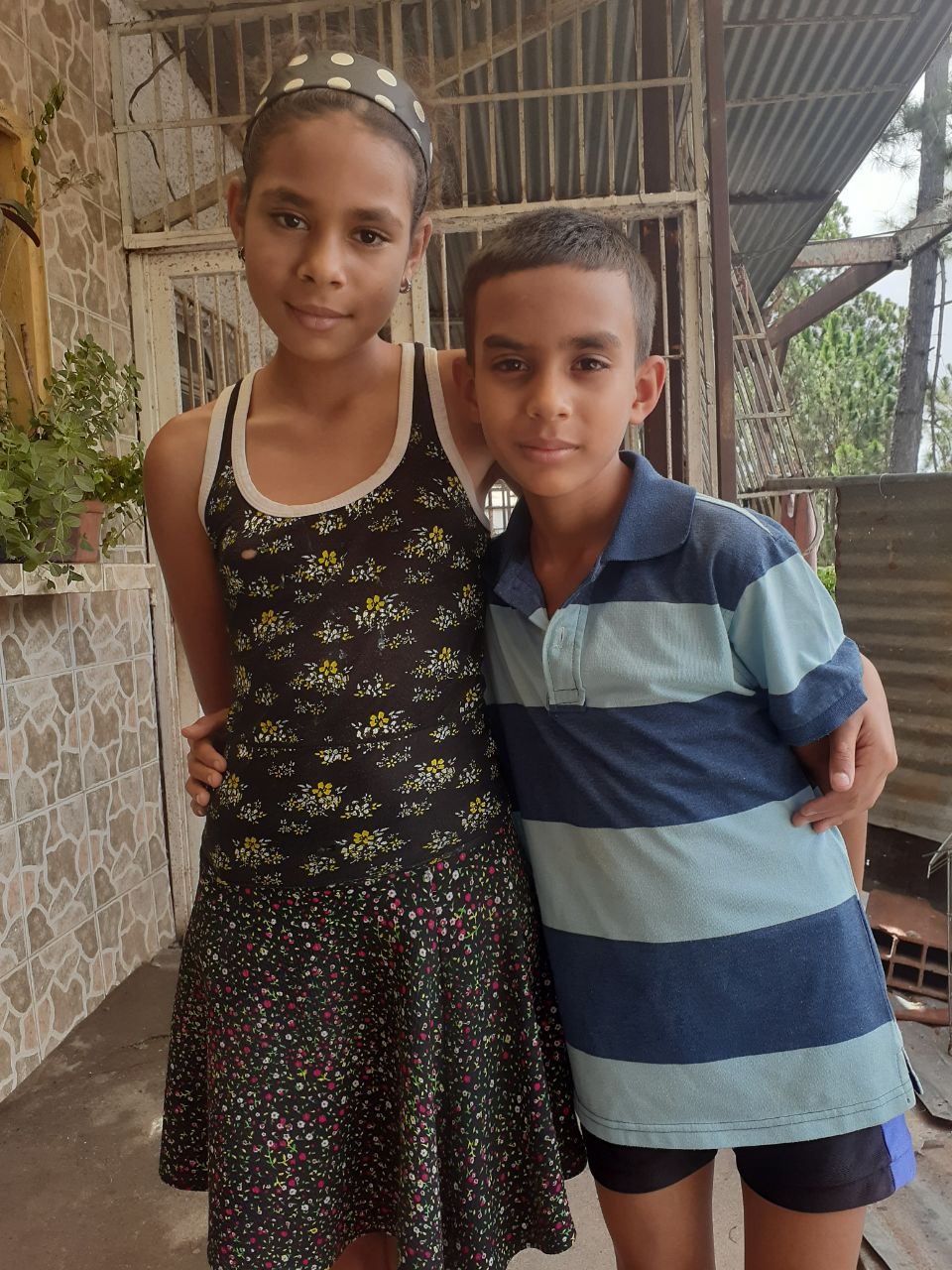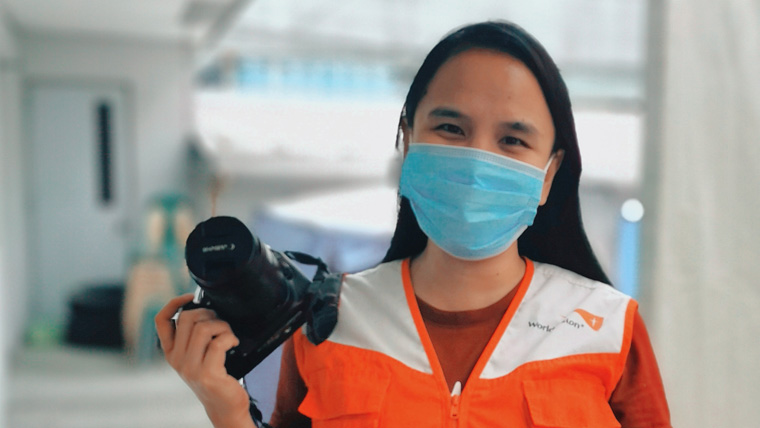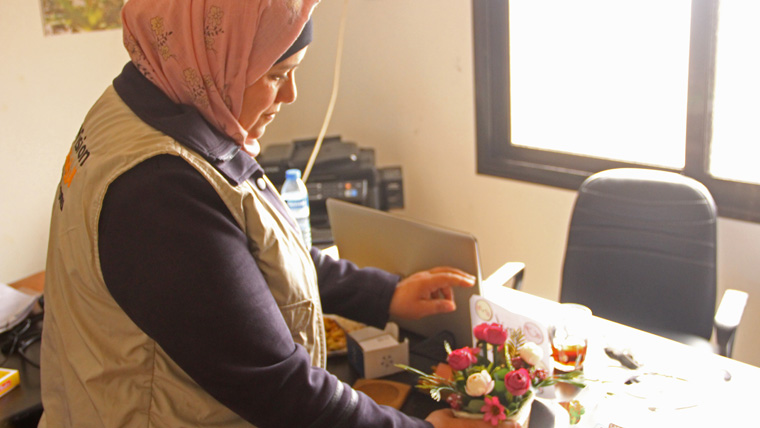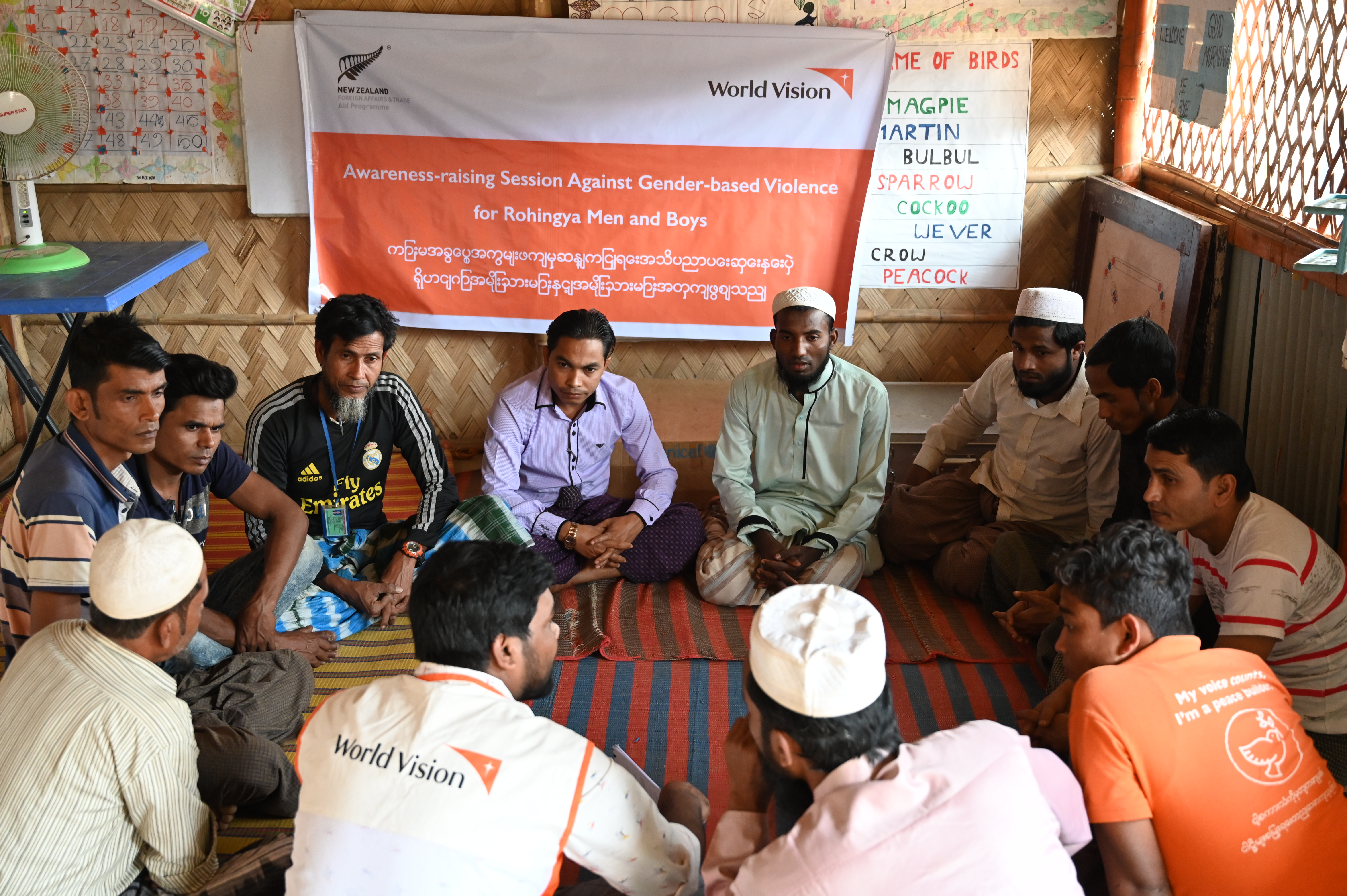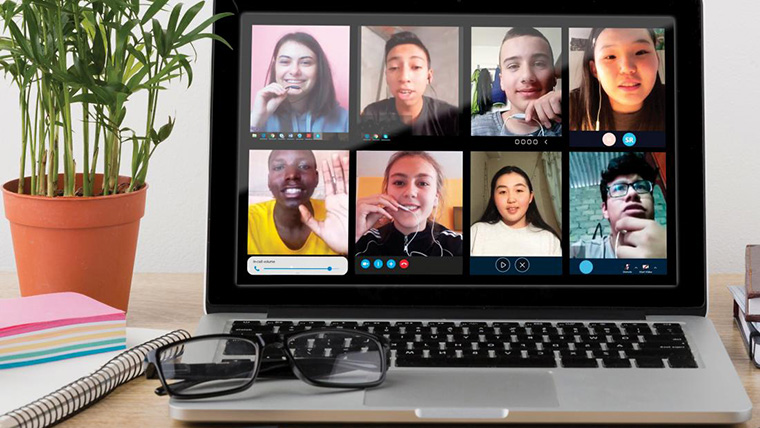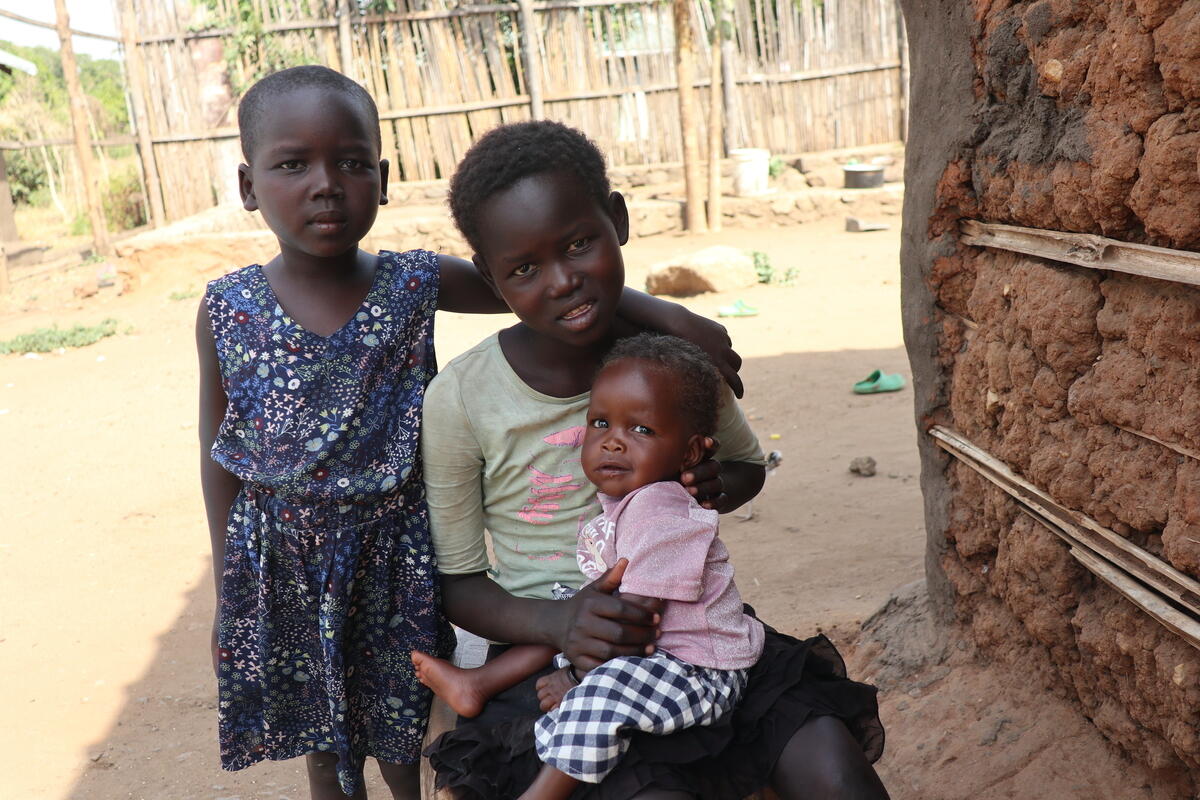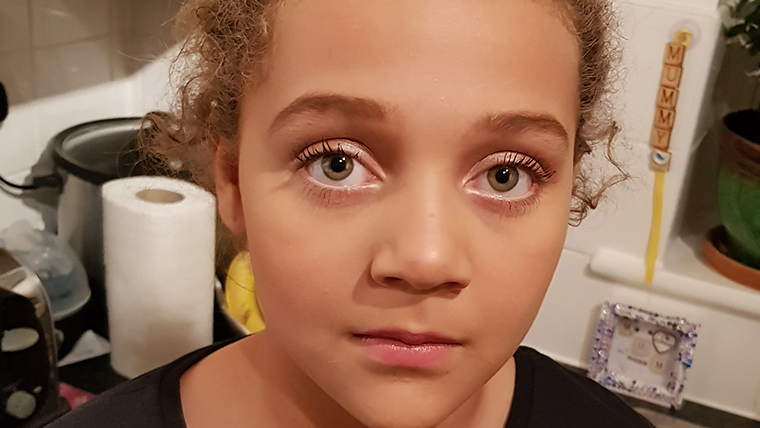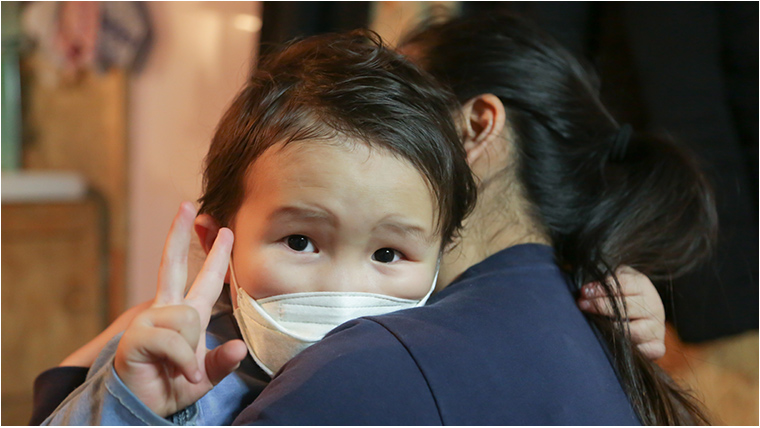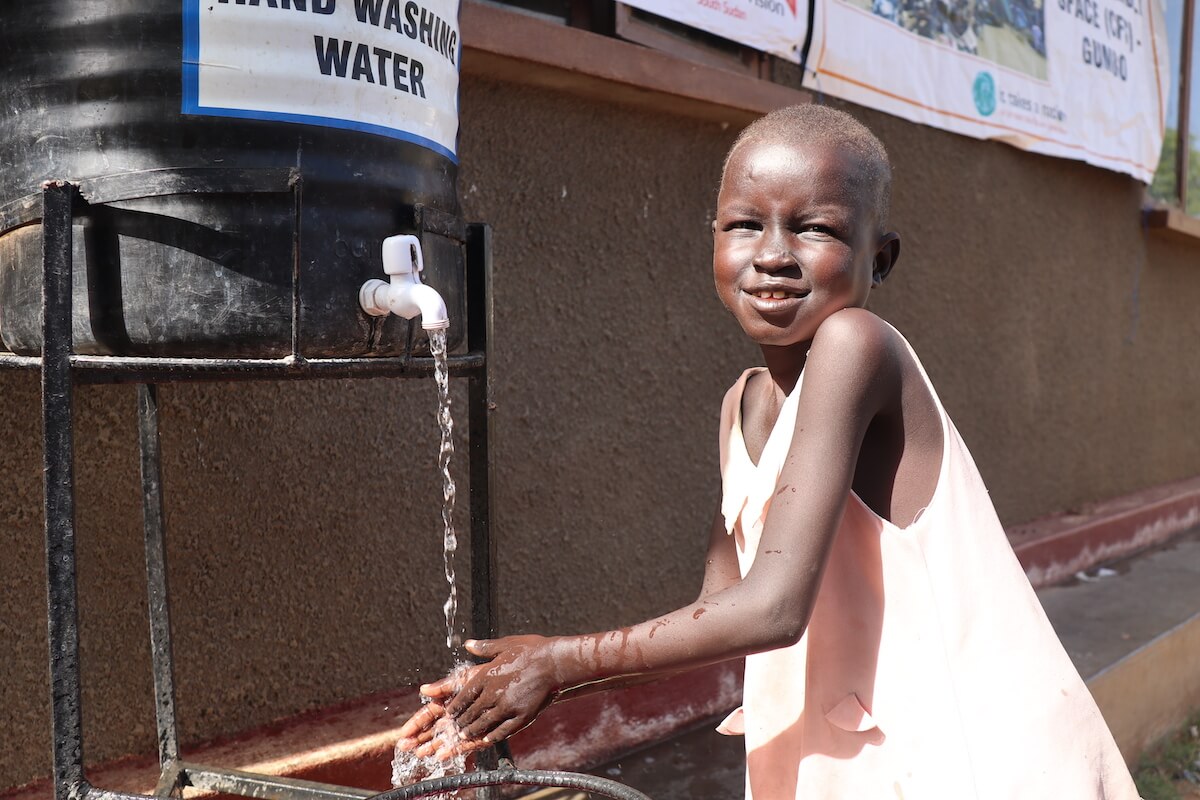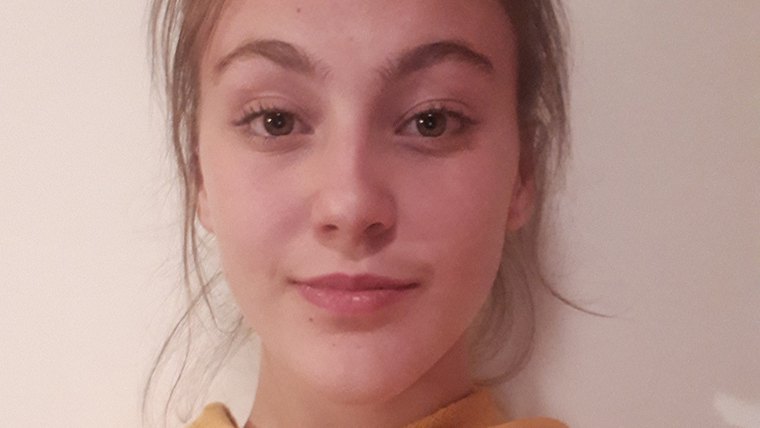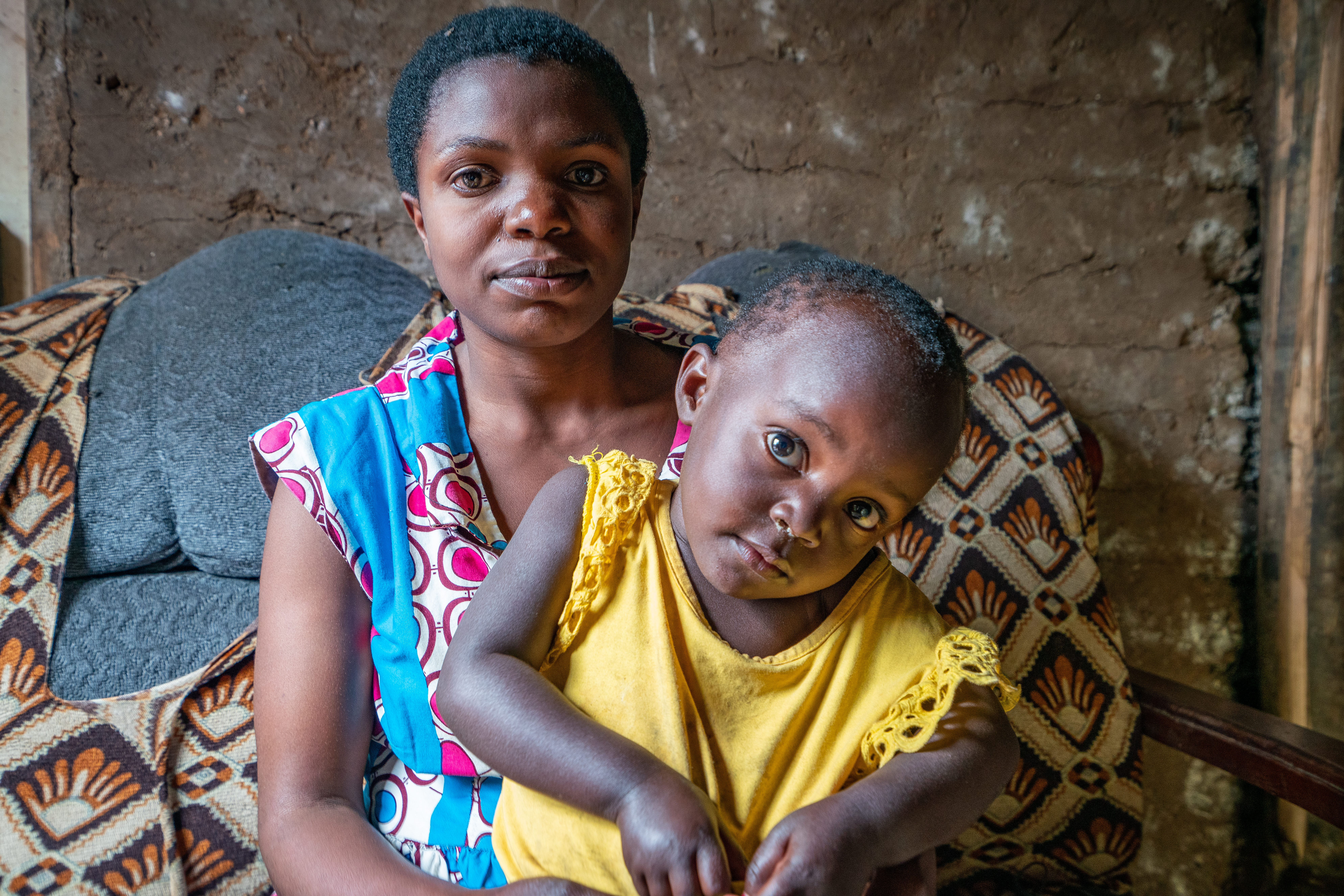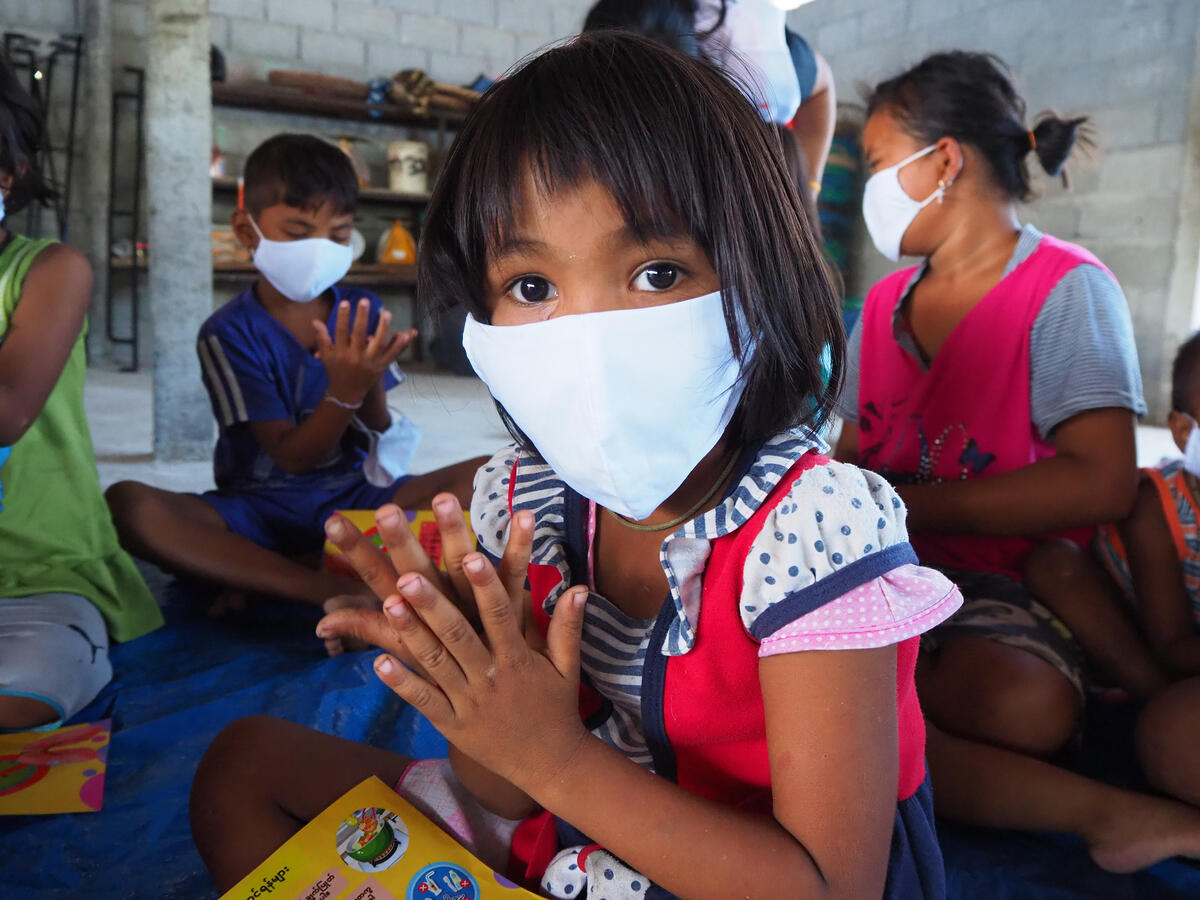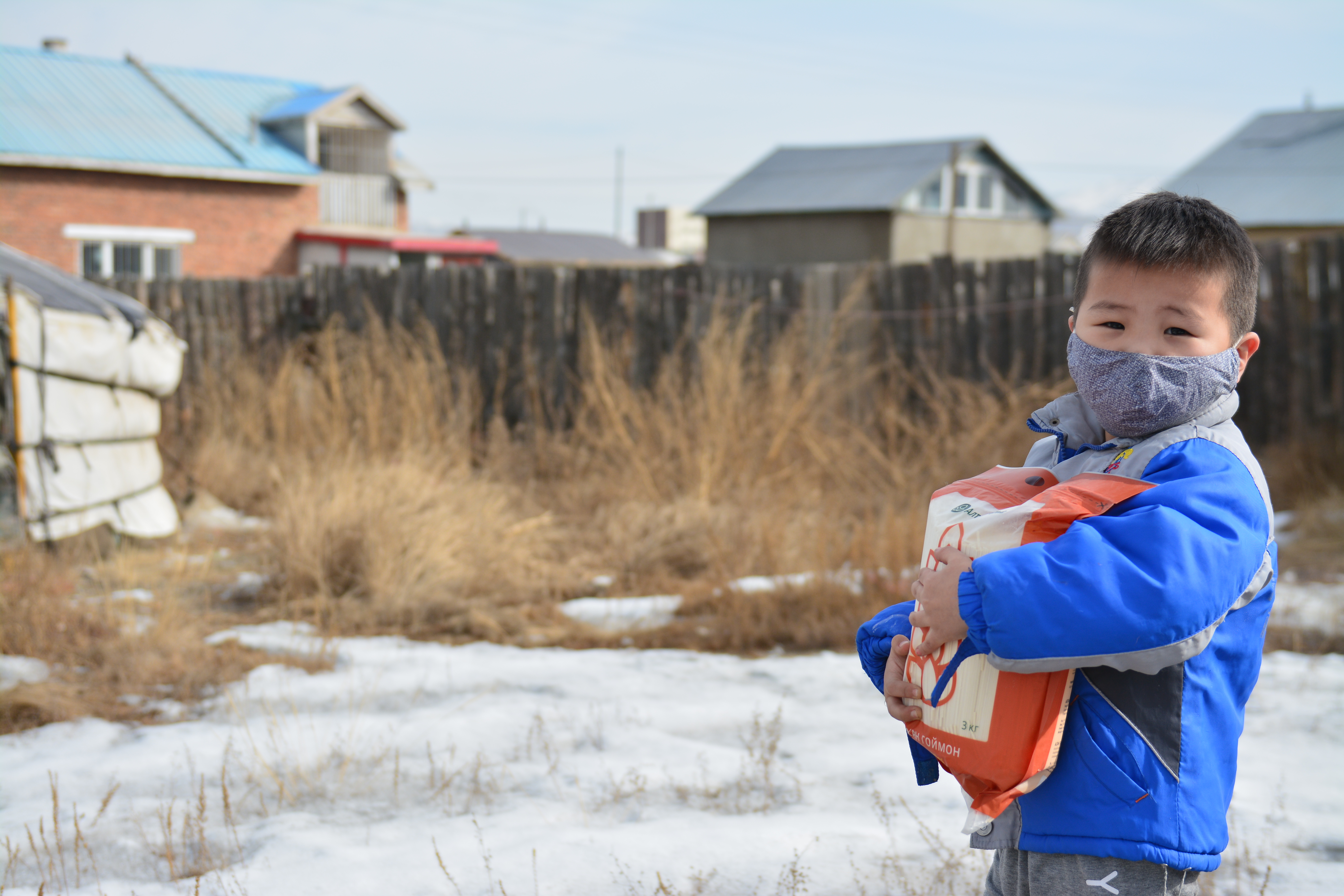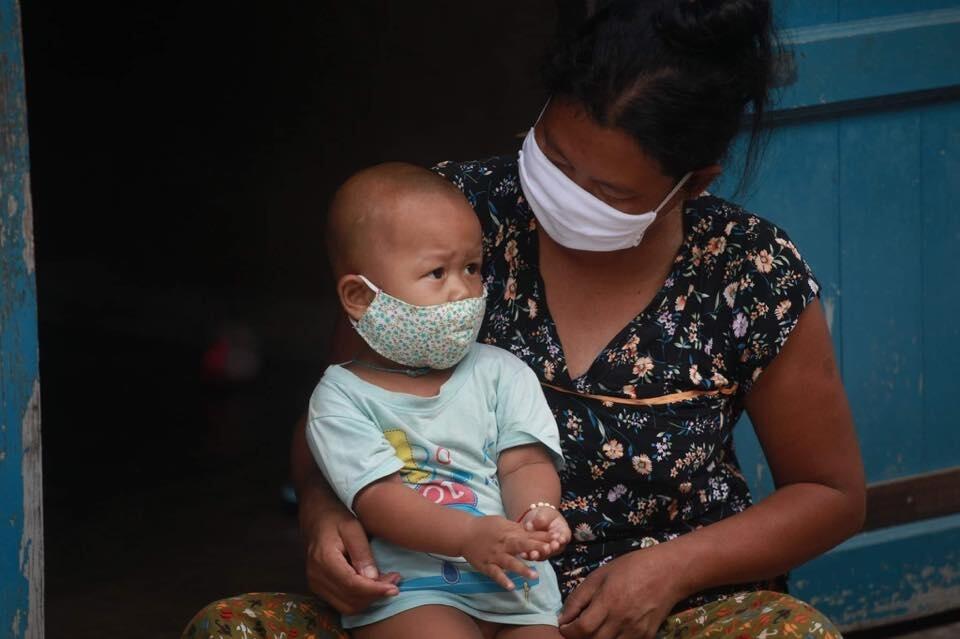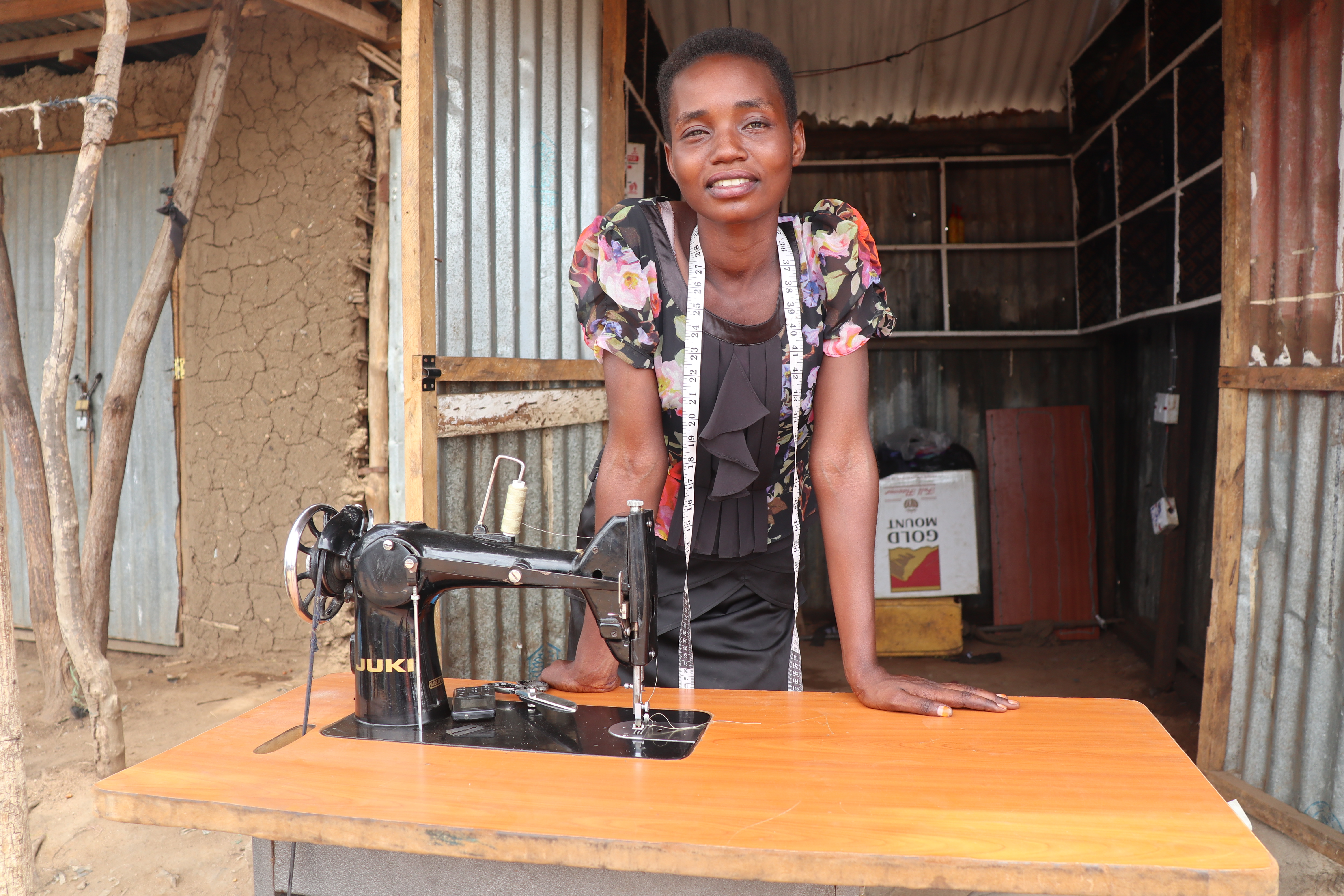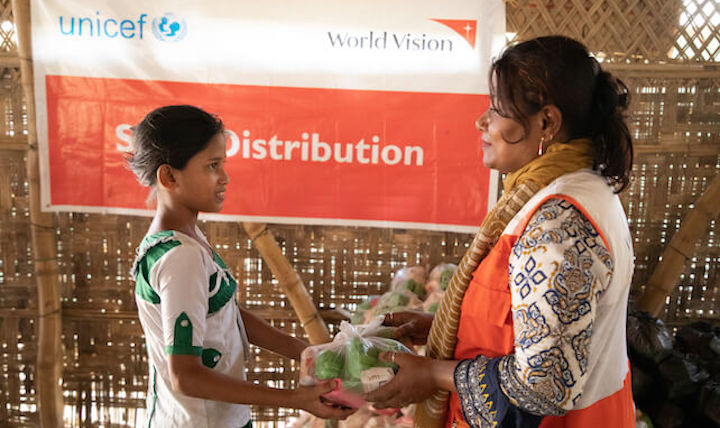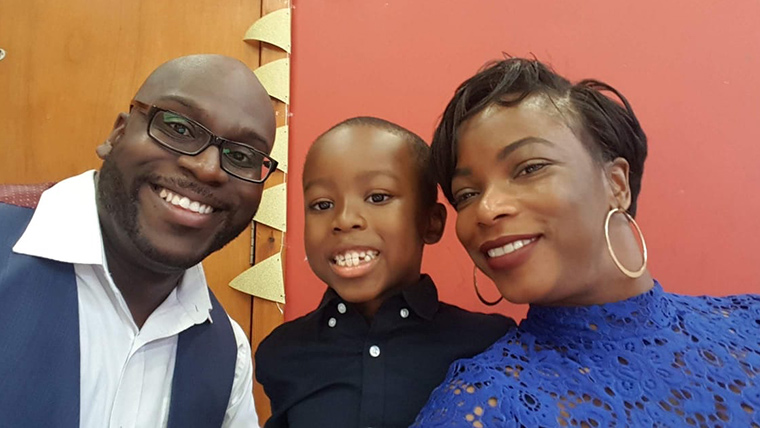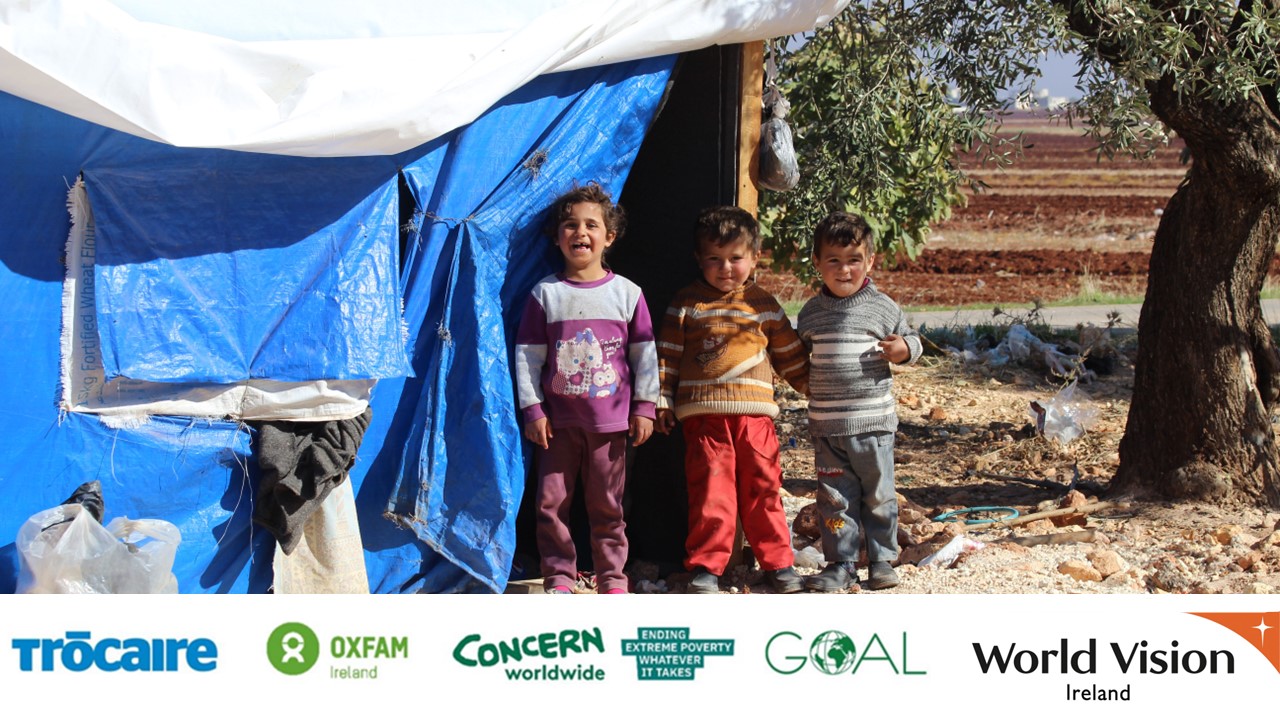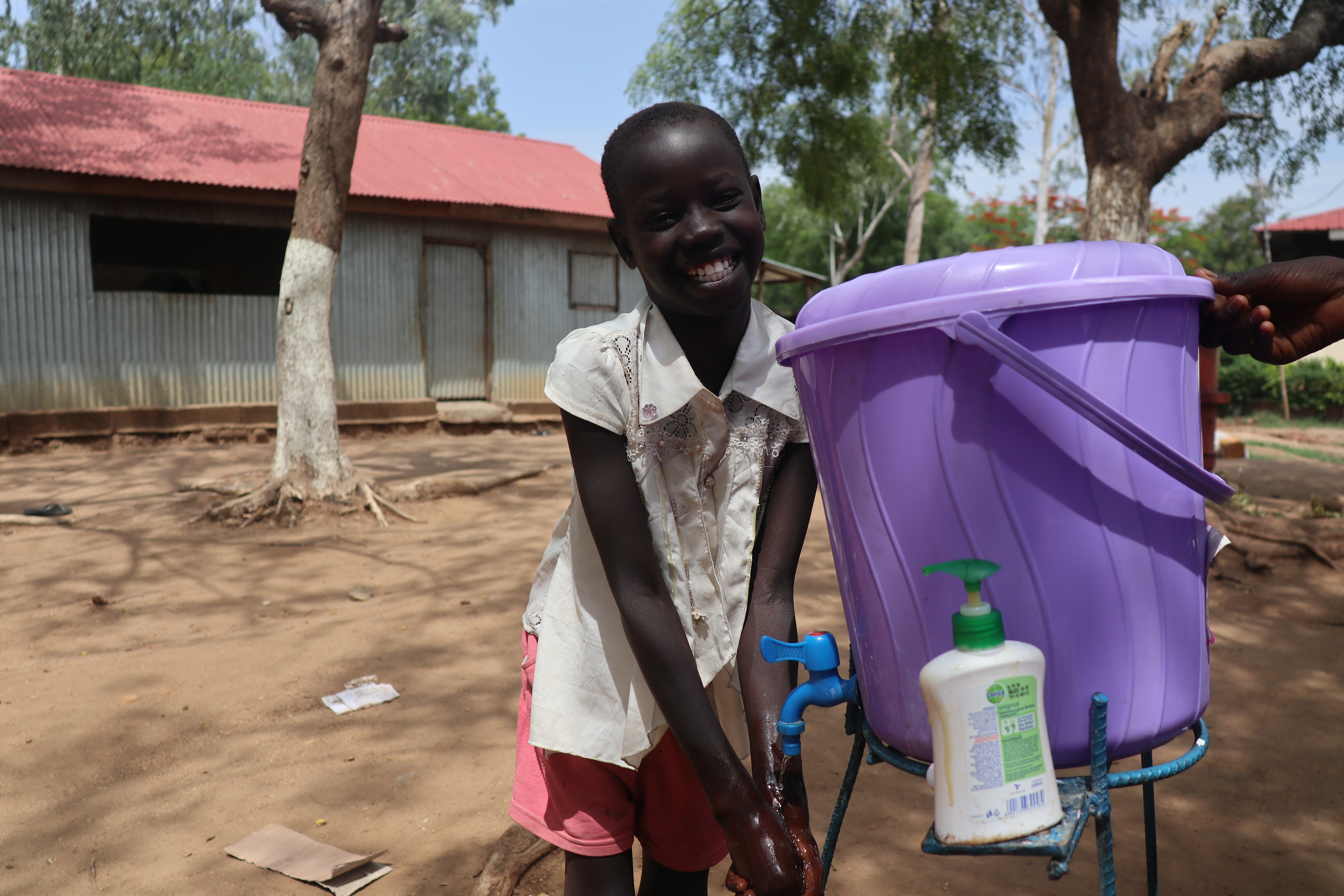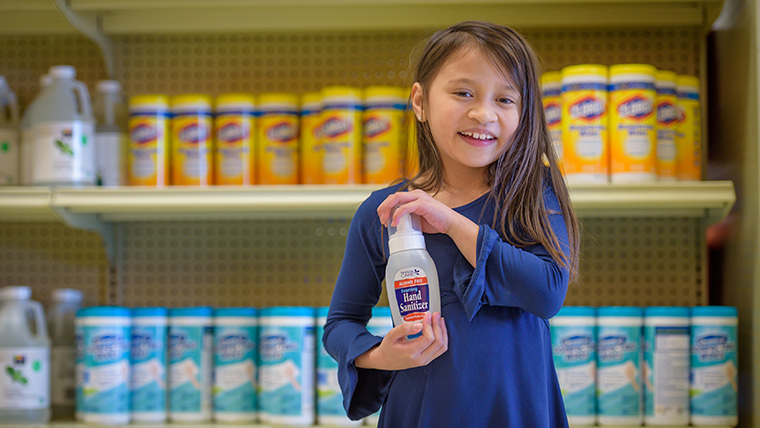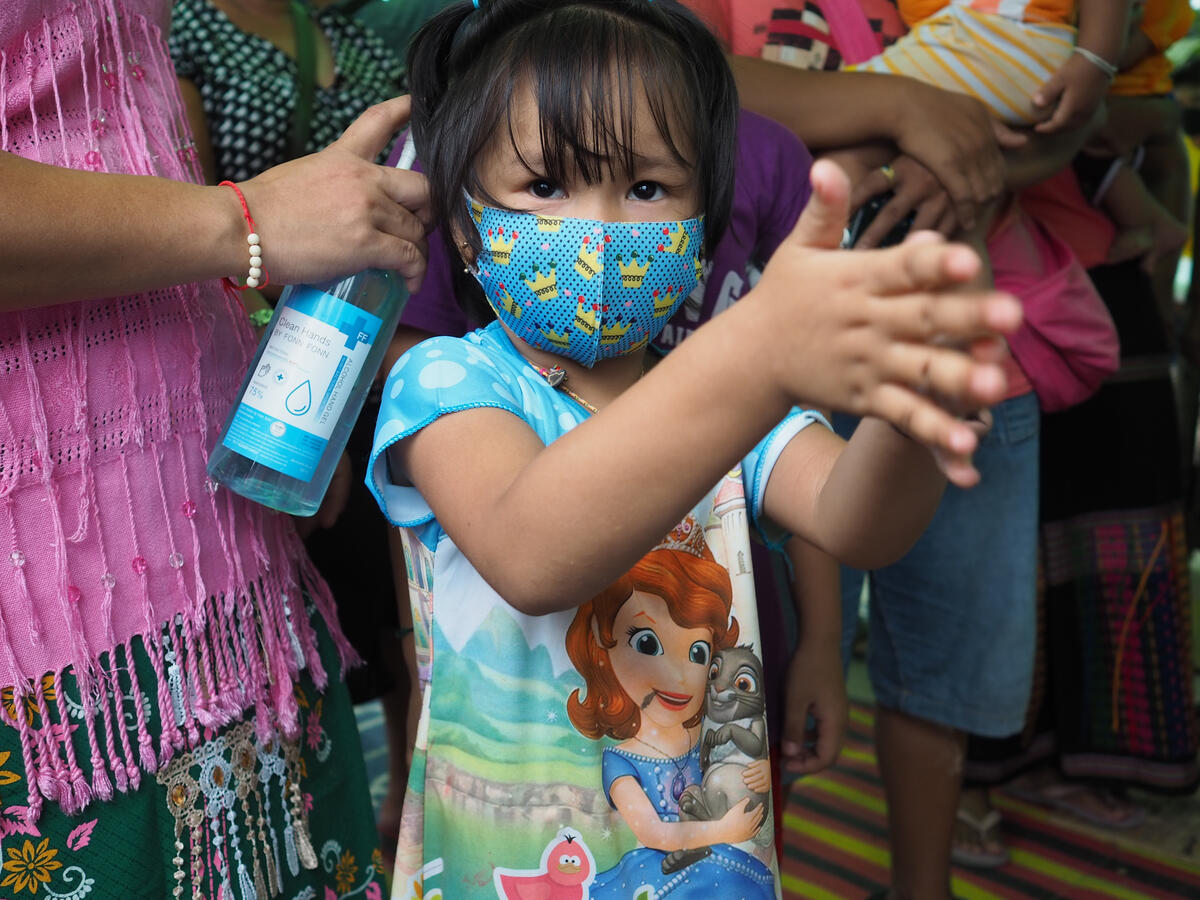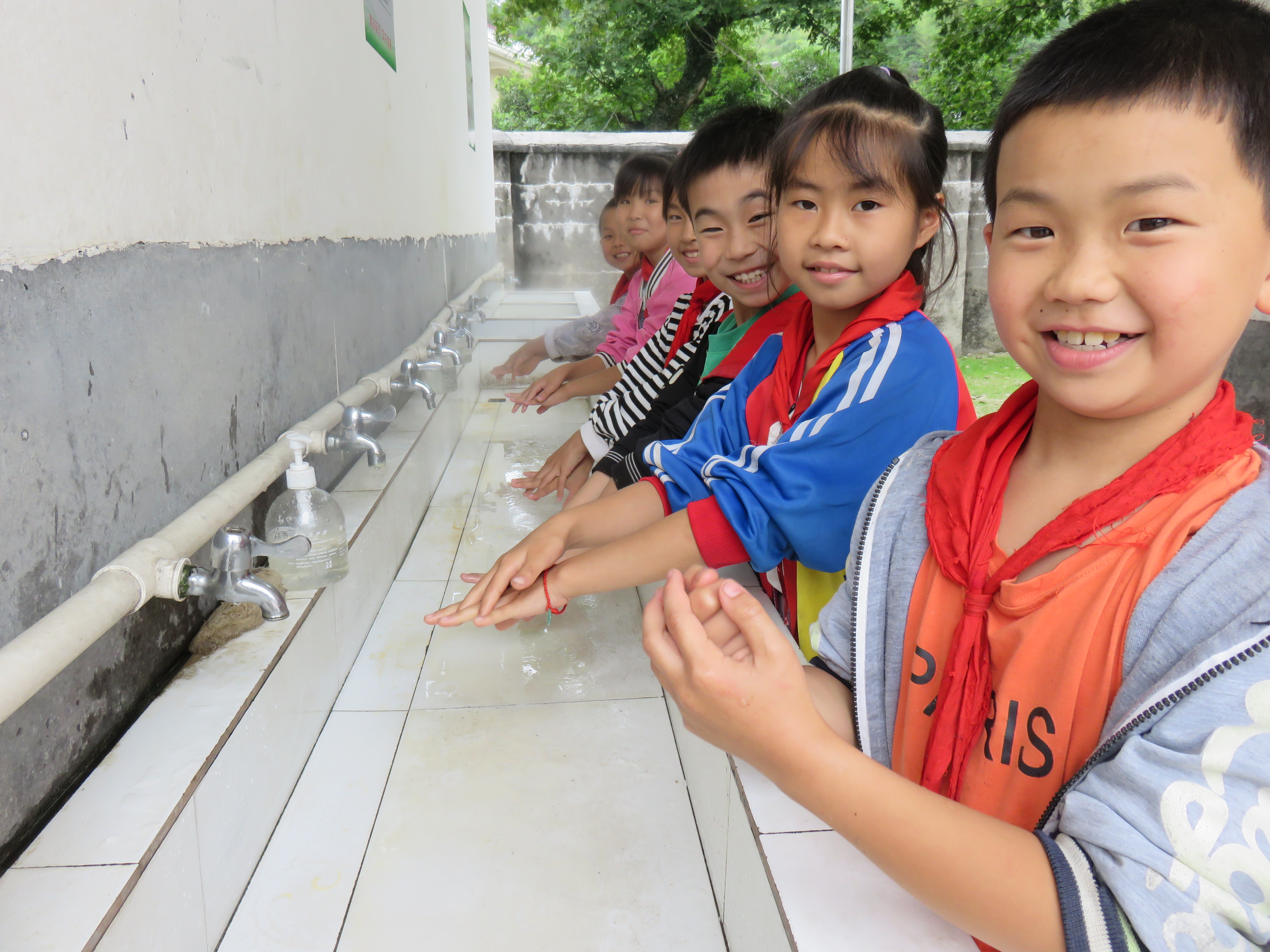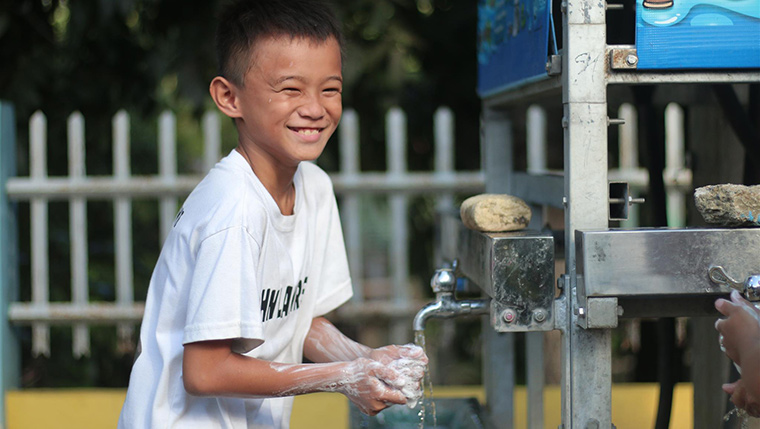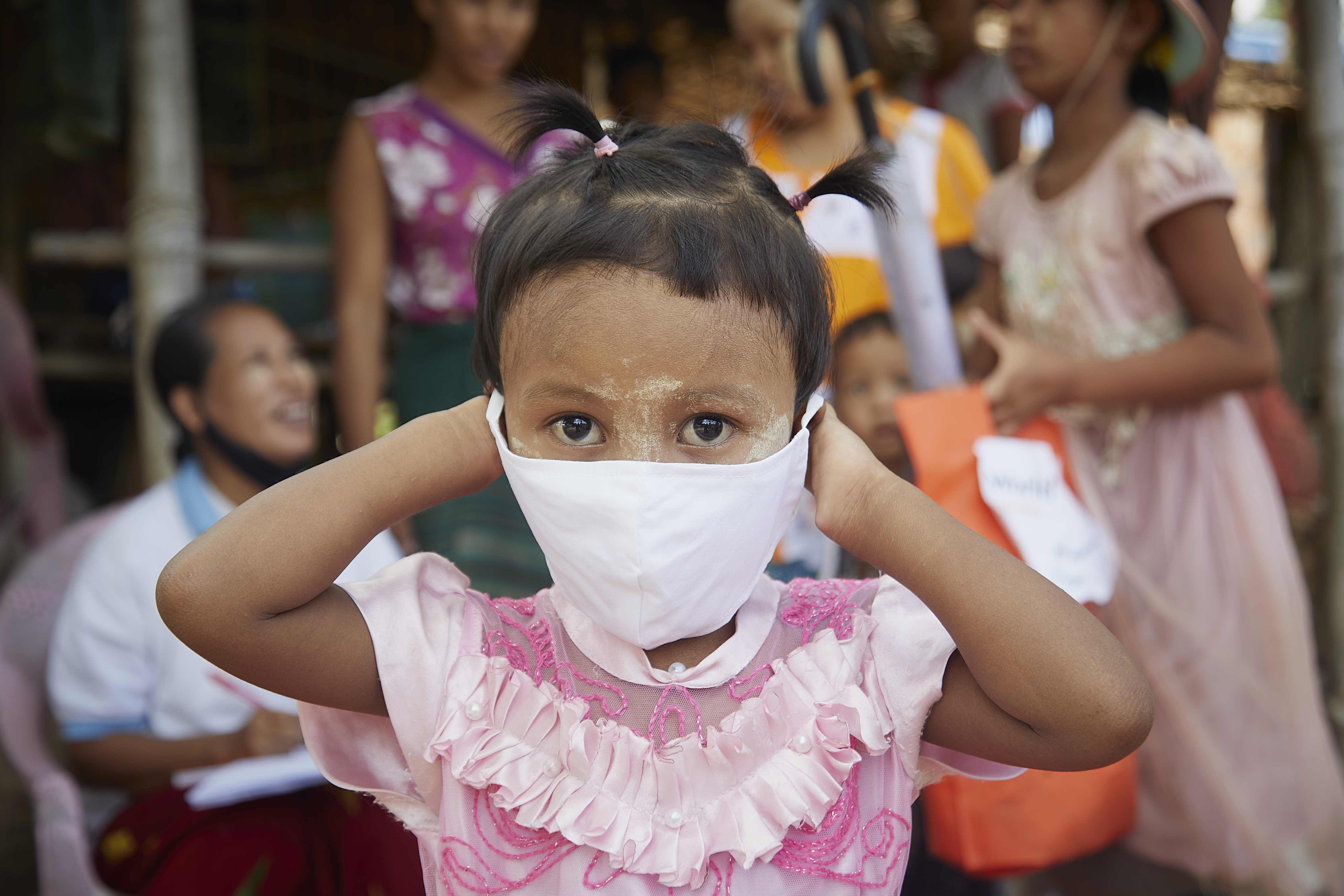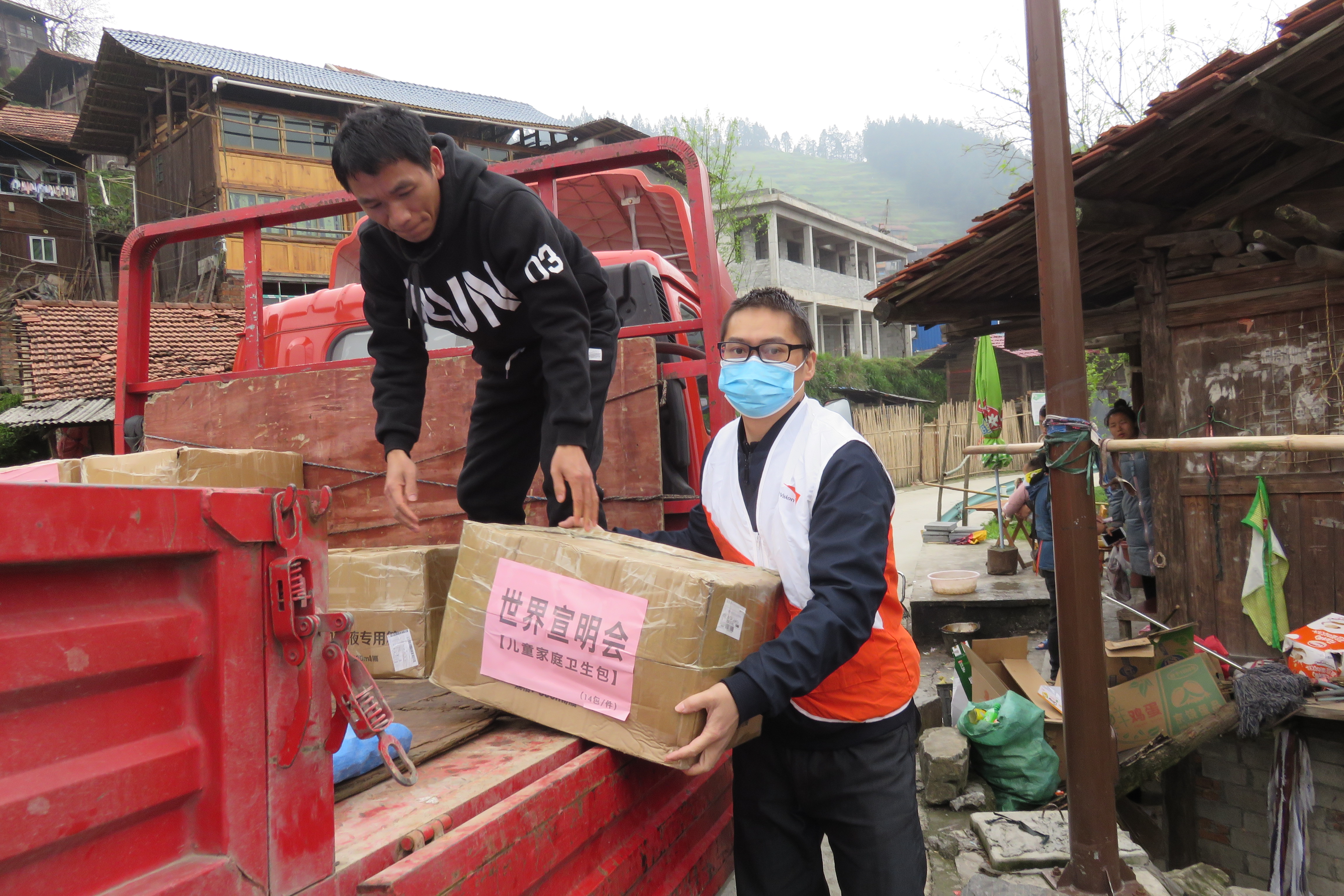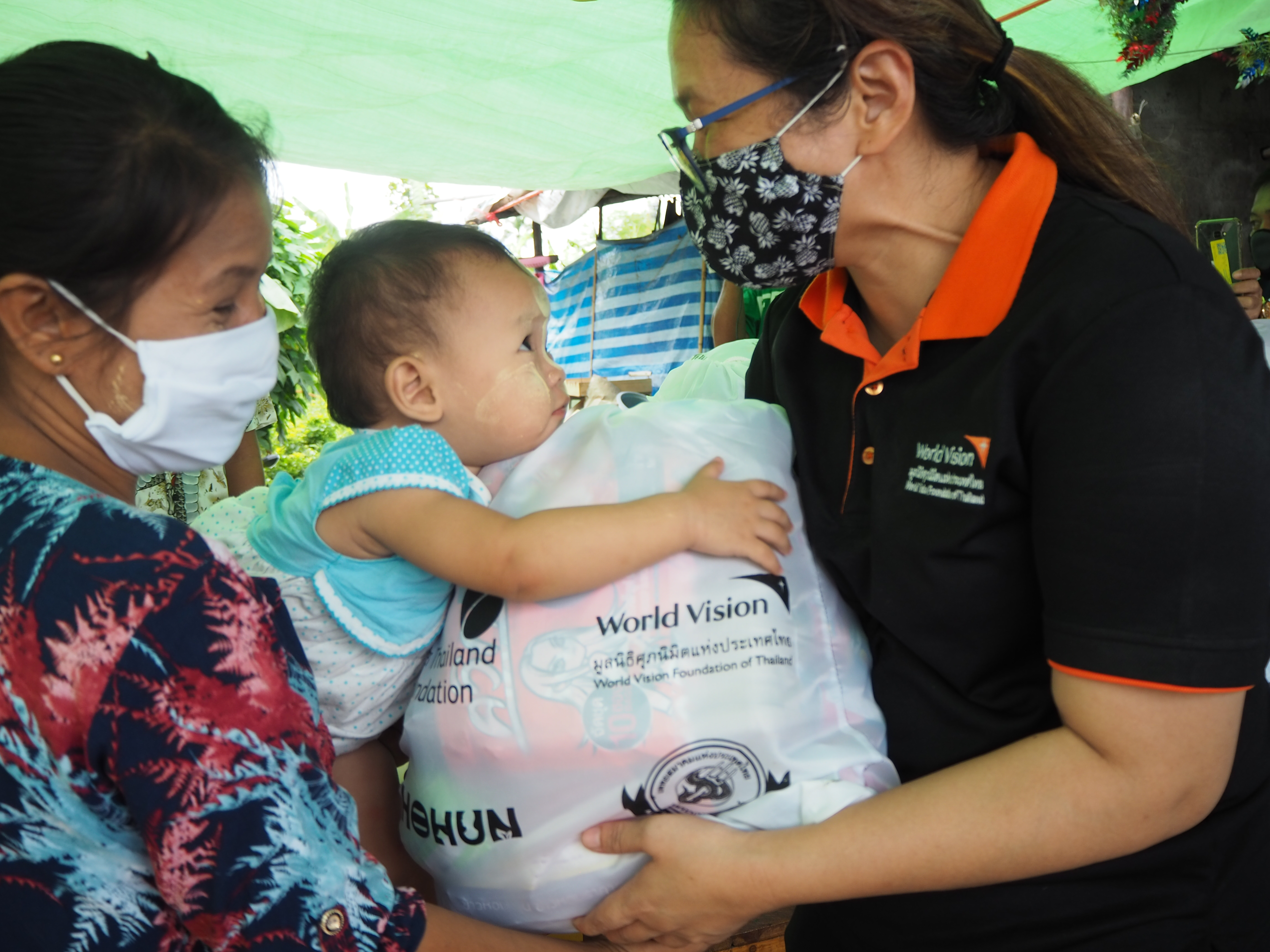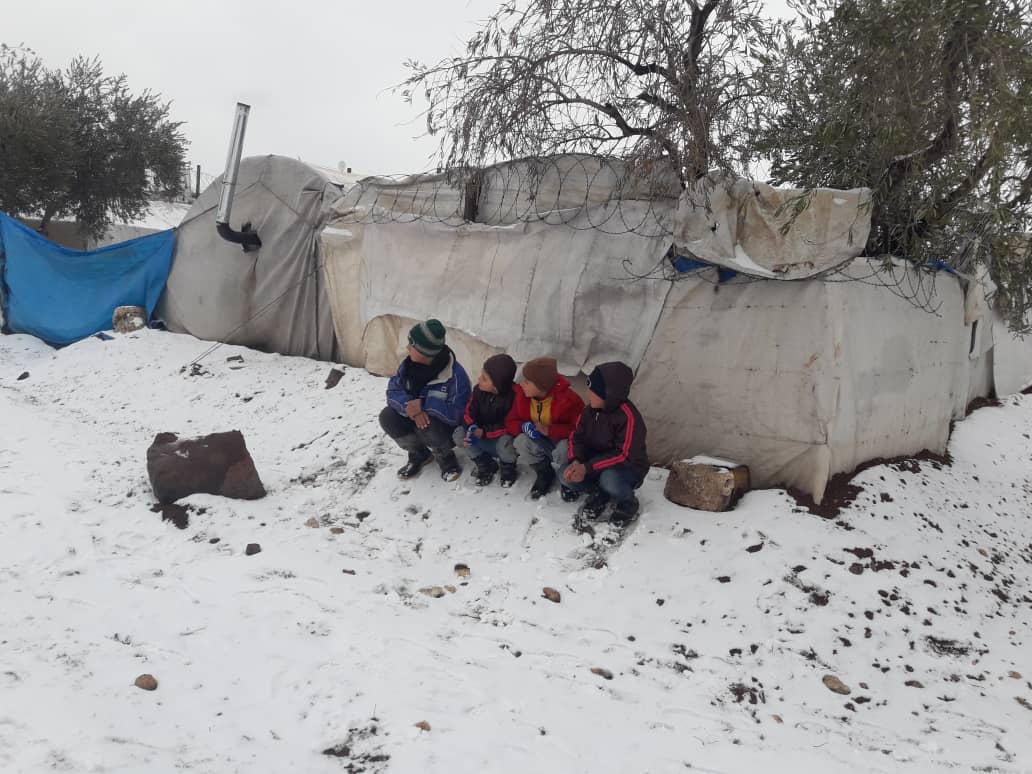
Facing coronavirus in a refugee camp
How do you socially distance in a crowded camp?
Covid-19 threatens to overwhelm refugee camps
How do you wash your hands regularly when the queue for the water point is long?
How do you "stay home, stay safe" when your family will only eat if you go out to earn cash?
How do you keep your distance when tents are crowded next to each other?
In recent months, we’ve all seen changes to almost every aspect of our lives.
But as we start to glimpse a light at the end of the tunnel, and a gradual return to some kind of normality, what about those who lost "normal" years ago? Those whose safe havens have become potential hotbeds for COVID-19.
Since the beginning of war in their country, most Syrians’ lives have changed drastically.
From abandoning their homes and losing loved ones, to becoming refugees in new countries, and now a global pandemic.
Somehow, over the last nine years, Syrian families have hardly been able to catch their breath.
The coronavirus outbreak is taking its toll on the world’s richest countries; countries whose communities have access to health care, whose people have proper housing conditions, and are able to nourish their children.
But how will refugees cope now that the places they’ve fled to for safety, may become the most dangerous places of all?
Support the most vulnerable
We are supporting families living in the hardest places. You can too.
Donate now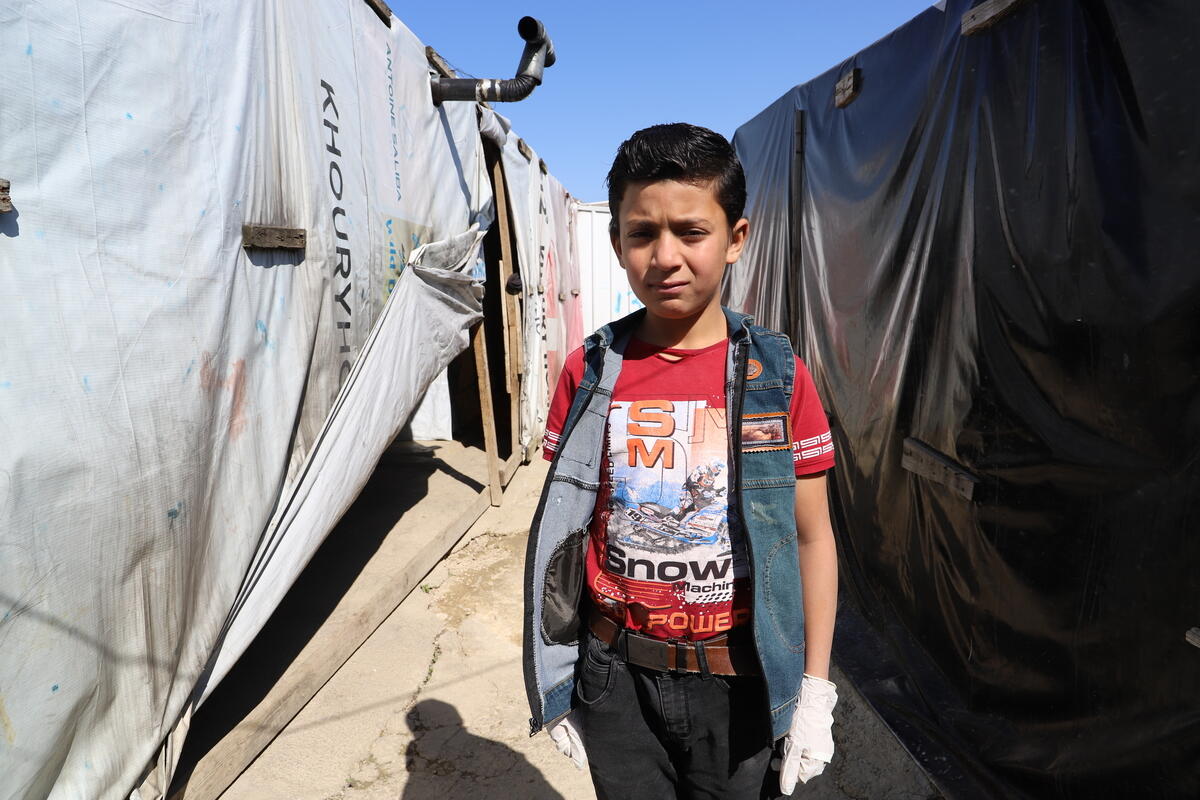
A virus more frightening than bombs
10-year-old Rahaf lives with her dad Ziad, 37, mum Fatima, 38, 14-year-old brother Hussein (above) and their three siblings in an informal tented settlement in Lebanon. They came here seven years ago after the war shattered their home in Syria.
During the coronavirus pandemic, the Lebanese government has enforced lockdown measures with strict movement regulations from and within the settlements.
Mum, Fatima explains, “At night, you feel that the world has stopped, there is not a single soul out there," she continues, "the government is being stern regarding the curfew and the lockdown because we are all aware of the fact that if anyone catches it, everyone will get it."
Fatima is even scared of taking her little son to the doctor.
She says: "Seven years in Lebanon and this is by far the toughest phase. I still recall the bombing in Syria and how scary it was – but you can hear the explosion and run away from it. But this virus is unseen and unheard, it is like an invisible weapon."
Ziaf, 37
Living in a Lebanon refugee camp
Feeding the family in lockdown
Ziad, Fatima's husband, is a tailor by trade, but he hasn’t worked for almost four months now. He told us, “I am no longer used to sunlight anymore.”
As prices for supplies have doubled due to economic crisis and now COVID-19, they’ve tried to reduce their consumption of everything, even the essentials. Yet, they are barely making it to the end of the month.
Ziad explains, "Our bills are stacking up from tent rent to electricity, and we have no idea how to pay".
The market in the settlement used to allow them to buy groceries on credit, but given the new circumstances, no one is lending anymore. So the bills keep piling up. And the family’s meals grow fewer and smaller.
Fatima and Ziad’s family are getting help, including food assistance, and the children have regular psycho-social support sessions with World Vision. The kids get excited when attending the sessions: "They enjoy it a lot", Fatima says.
But sadly, it is not enough.

How can we help refugees through coronavirus?
Families like Fatima, Ziad and their children, who have already survived bombings and loss, have no safety net. They need our help right now so they can survive to build a tomorrow for their children.
They need simple things like soap and clean water for handwashing. They need food so they don’t have to face a choice between malnutrition and COVID-19.
And sadly, in times of crisis, we know that children need extra protection from the heightened risk of violence, neglect, abuse and exploitation.
World Vision has launched our largest ever global emergency response.
- We’re working in every country where we have a presence to protect vulnerable children from the effects of coronavirus.
- We’re providing food and other essentials to make sure families like Fatima and Ziad’s can survive.
- We’re scaling up disease prevention around the world.
- This work will save lives. But we need your support to reach more communities and people in desperate need.
Regardless of where we live, we’re all facing this challenge together. Your care for vulnerable families and children in this time of crisis is urgently needed and will make a difference now – and for the future.

